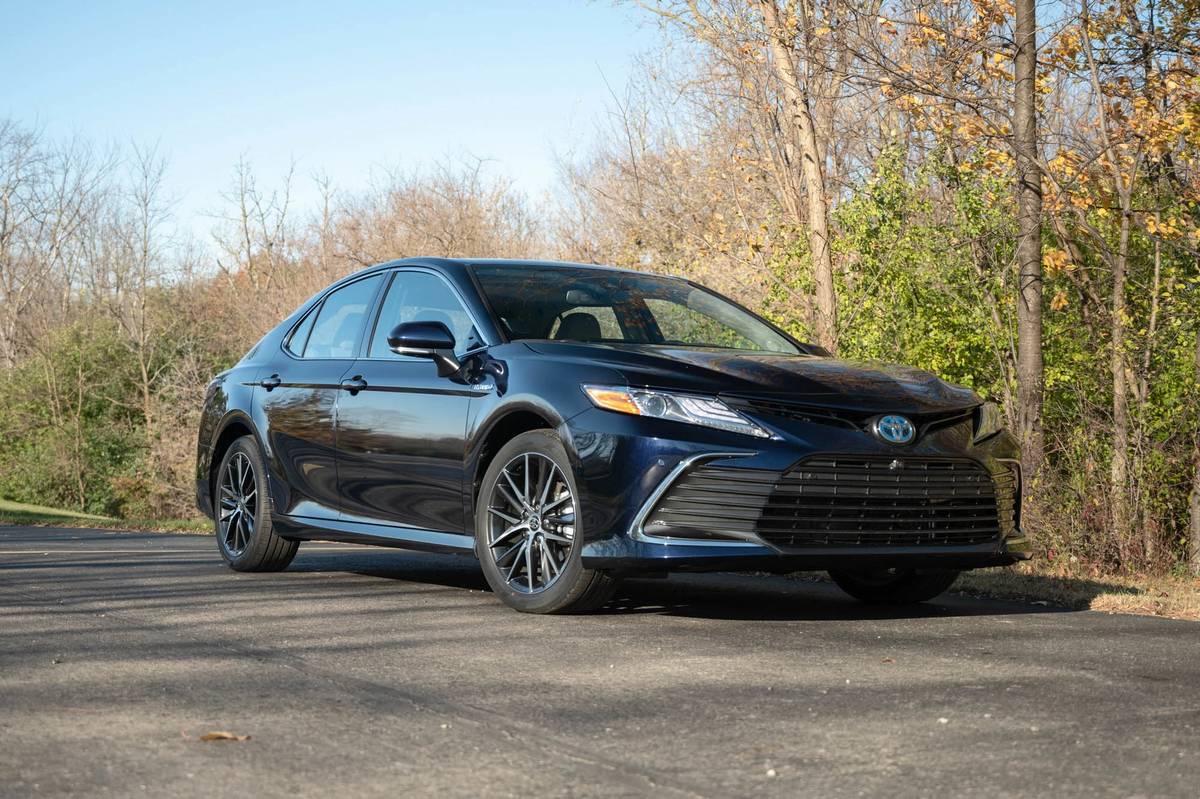
The verdict: Smooth, quiet and comfortable, the Camry Hybrid is still a pleasant transportation device, but the value equation for its extra-cost hybrid powertrain is questionable.
Versus the competition: It’s more fun to drive and more efficient than a Honda Accord Hybrid, but the Honda has a nicer interior — the bigger challenge might be the stunning new Hyundai Sonata Hybrid, which outpaces the Camry Hybrid in style, interior tech and efficiency ratings.
The argument that a Toyota Camry is a perfect transportation appliance is an old one. The thinking goes that people buy Camrys the same way they buy refrigerators: in search of reliability, durability and predictability far more than entertainment value, state-of-the-art electronics or crazy features. Hundreds of thousands of buyers make this choice every year, and with good reason: The Camry has long delivered these attributes in spades, and for a lot of buyers these are the measures of successful vehicle ownership.
Toyota makes a few flavors of Camry, including some that are sportier (like the TRD trim) and some that are more fuel-efficient, like the 2021 Toyota Camry Hybrid. For the new model year, it received styling tweaks and an updated dashboard and electronics, but not much else. That leaves us with the same solid, dependable mid-size sedan that’s been a crowd favorite for decades — but in a world where SUVs get all the mainstream-family-vehicle love, is there any reason to look at the Camry anymore? I evaluated a well-equipped 2021 Camry Hybrid XLE to find out.
Related: Here’s the MPG We Got in a 2021 Toyota Camry Hybrid
Slightly Less-Offensive Styling
The last go-round of Camry styling left us scratching our heads, wondering how Toyota had forgotten to attach an actual grille and bumper to the front of the car. The bizarre fish-faced, gaping-gills look just seemed at odds with the Camry’s mission as a mainstream muggle-mover. The update for 2021, however, has brought subtle but meaningful revisions to the grille and bumper that bring a slightly more conventional look to the front. It seems less out-there, though maybe we’re just getting accustomed to Toyota’s new design aesthetic (shared by its Lexus division) that seems to be all about odd swoops and weird angles in place of a coherent aesthetic. The overall look is just different enough to get a nod of approval from me.
The Reasons You Buy One
Of course, the Camry’s looks aren’t the reason people buy it; it’s the way the car works that keeps people coming back for more. The Camry I drove was the latest gas-electric hybrid version, combining a 2.5-liter Atkinson-cycle four-cylinder engine with an integrated electric motor and continuously-variable-style automatic transmission. The engine on its own makes 176 horsepower, but add in the electric motor and net output jumps to 208 hp. A lithium-ion battery stores what the engine produces and uses it to power the electric motor, which can act as either an assist for the gas engine, or as stand-alone propulsion under specific conditions.
This is not a plug-in hybrid with a big battery pack, like a RAV4 Prime or a Prius Prime. While the Camry Hybrid can operate in full EV mode, it’s only meant to do so at parking-lot speeds or in moments of low demand on the gas engine, like cruising at a steady pace on level ground with the air conditioning off.
Driving the Camry Hybrid is unremarkable, as one would expect from such a vehicle. It’s calm, comfortable and adequately powered. Overall operation is quiet, both under acceleration and at highway speeds. Accelerator response is natural, as the hybrid system feels seamlessly integrated into the gasoline powertrain. Stomping on the gas isn’t really advised, as it’ll shoot any chance you had to achieve the stated fuel economy — which is the whole reason to buy a hybrid in the first place. If you do, though, you’ll be rewarded with decent acceleration, minus the awful droning that often accompanies a CVT (or a CVT-style transmission, as most hybrids invariably have).
Compared with its main competitor, the Honda Accord Hybrid, the Toyota feels lighter, quicker and more nimble than the mid-size Honda sedan. (When we tested both current-generation hybrids three model years ago, the Accord Hybrid produced notably better 0-60-mph acceleration, but judges gave the Camry Hybrid the edge for drivetrain responsiveness.) Steering response is better, too, leading to a more enjoyable driving experience than the Accord provides. Ride quality is excellent, without any overly firm choppiness or overly soft floatiness. It simply feels more natural to drive than the Accord Hybrid; it’s a more viable alternative to the gas-only Camry than the Accord Hybrid is to the conventional Accord.
The only drivability area where the Camry doesn’t best its competitors is in the braking department. The Camry’s brakes still feel artificial, especially in the last few feet of a stop. The regenerative braking function isn’t adjustable anymore, either — or if it is I was never able to find the control for it.
Gas mileage for the Camry Hybrid depends on trim level. The base version (LE) is EPA-rated at 51/53/52 mpg city/highway/combined, thanks to less feature content and smaller wheels. Every other trim (SE, XLE and XSE) is rated 44/47/46 mpg. My test vehicle was an XLE, a mid-level luxury version with a decent list of standard features. A dedicated fuel economy test saw it return a combined 44.1 mpg over 203.6 miles of mixed city and highway driving. That’s a bit below the EPA’s combined estimate, but not much.
By comparison, EPA-estimated combined mileage for the Accord Hybrid ranges from 43 to 48 mpg, depending on trim. The redesigned 2021 Hyundai Sonata Hybrid is rated a more impressive 47 to 52 mpg combined, and a hybrid version of the new Kia K5 is on the way.
The Reasons You Don’t
While the Camry Hybrid’s driving experience shines brighter than that of the Accord Hybrid, its interior doesn’t quite match up. Both Honda and Hyundai have better interiors in nearly every respect. That’s not to say the Camry’s interior is substandard; it’s perfectly adequate, it just doesn’t feel expensive in the ways its competitors do. Materials quality is fair, but there’s a good bit of hard plastic and a decidedly hollow feel to a number of dash and console panels, undermining any good the soft-touch surfaces tried to do. Even touch points, like the top of the door where you rest your elbow, are barely padded plastic in the Camry, which is not good. And while there’s plenty of space for passengers in front and back, it still feels a tad tighter than the Accord or Sonata in both width and backseat legroom.
The Camry does have an advantage over the Accord in terms of ease of use. The Camry’s controls are well-labeled, cleanly organized and easy to use. The gear selector is a normal shifter in the center console, not a rotary knob or button. The enormous optional 9-inch multimedia screen (a 7-inch screen is standard) feels like an afterthought sticking up out of the dash, but its position and brightness are a check in the Camry’s favor. It has Toyota’s bizarre, tiny buttons on the surrounding panel, however, whose lack of ergonomic friendliness mystifies me. The multimedia system’s graphics look a decade out of date, especially compared with the state-of-the-art slickness in the latest Hyundai Sonata Hybrid, but it’s easy to use and connects with a smartphone quickly enough. Stick with the latest software available on your mobile device and enjoy a nice big screen for Apple CarPlay or Android Auto, both of which are standard.
The Camry’s standard safety equipment is impressive, with forward collision warning with pedestrian detection, automatic emergency braking, lane departure alert with steering assist, automatic high beams, full-speed adaptive cruise control, road sign assist and lane-centering steering. Optional blind spot monitoring and rear cross-traffic alert with automatic rear braking can also be had.
Should You Pay More for a Hybrid?
The 2021 Camry Hybrid starts at $28,265 (including destination fee) for the base LE Hybrid. That’s the one with the best possible gas mileage. Stepping up from that is the SE Hybrid ($29,780), the XLE Hybrid ($33,165) and the sporty-looking, new-for-2021 XSE Hybrid ($33,715). My test vehicle, a loaded XLE Hybrid, came to $37,980. These base prices are less than what Toyota asked for the Camry last year, representing a decrease of anywhere from around $500 to $1,300, depending on trim level.
The big question with any hybrid is, if you’re in it for the improved fuel economy, is the extra cost of buying a hybrid offset by the money you’ll save on gas? A lot of that depends on how you drive and use the car, the deal you get on the purchase price and the cost of gas where you live, among other factors.
A Camry Hybrid costs about $2,300 more than a comparable gas-powered model, depending on trim. In the current environment, where gas has been relatively cheap over the past few years, any hybrid car becomes less financially appealing. According to the EPA’s figures and current fuel prices, the average driver will save about $300 to $400 a year on gasoline if they opt for a Camry Hybrid over a conventional four-cylinder, front-wheel-drive Camry. That means you’d have to drive your Camry more than six years before you recouped the extra money you spent on the hybrid. Of course, if your commute sees a lot of stop-and-go, slow-speed traffic your equation might look different, given hybrids’ higher city mileage. At that, a Camry Hybrid might make more sense financially. But until fuel prices spike again, a conventional gas-powered Camry might be a better deal.
We cannot generate a video preview.
Cars.com’s Editorial department is your source for automotive news and reviews. In line with Cars.com’s long-standing ethics policy, editors and reviewers don’t accept gifts or free trips from automakers. The Editorial department is independent of Cars.com’s advertising, sales and sponsored content departments.



































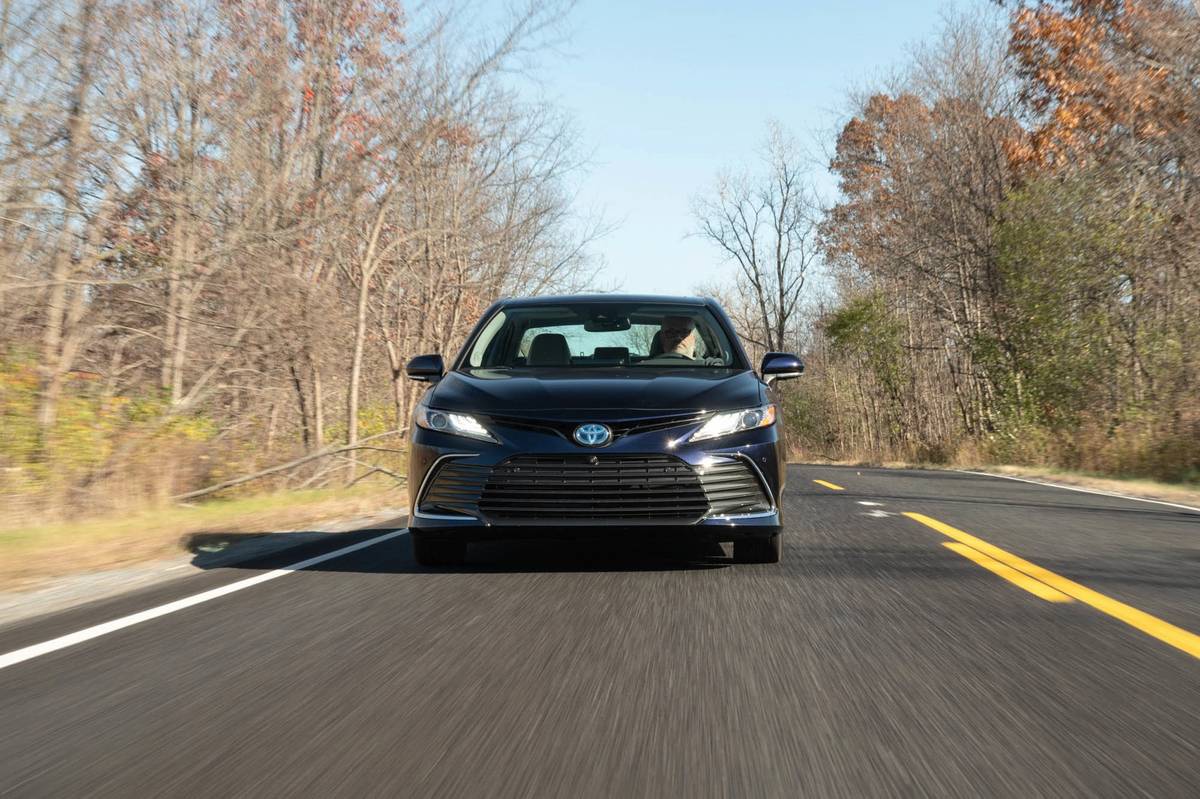
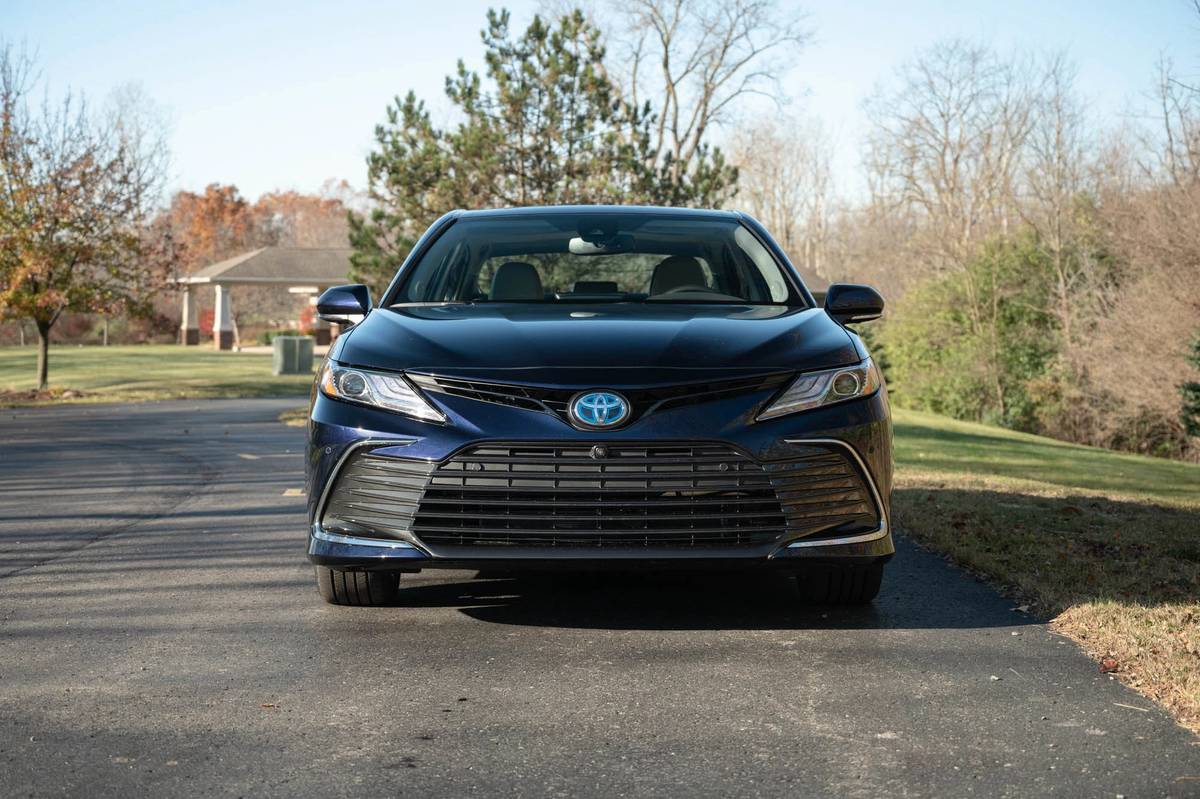
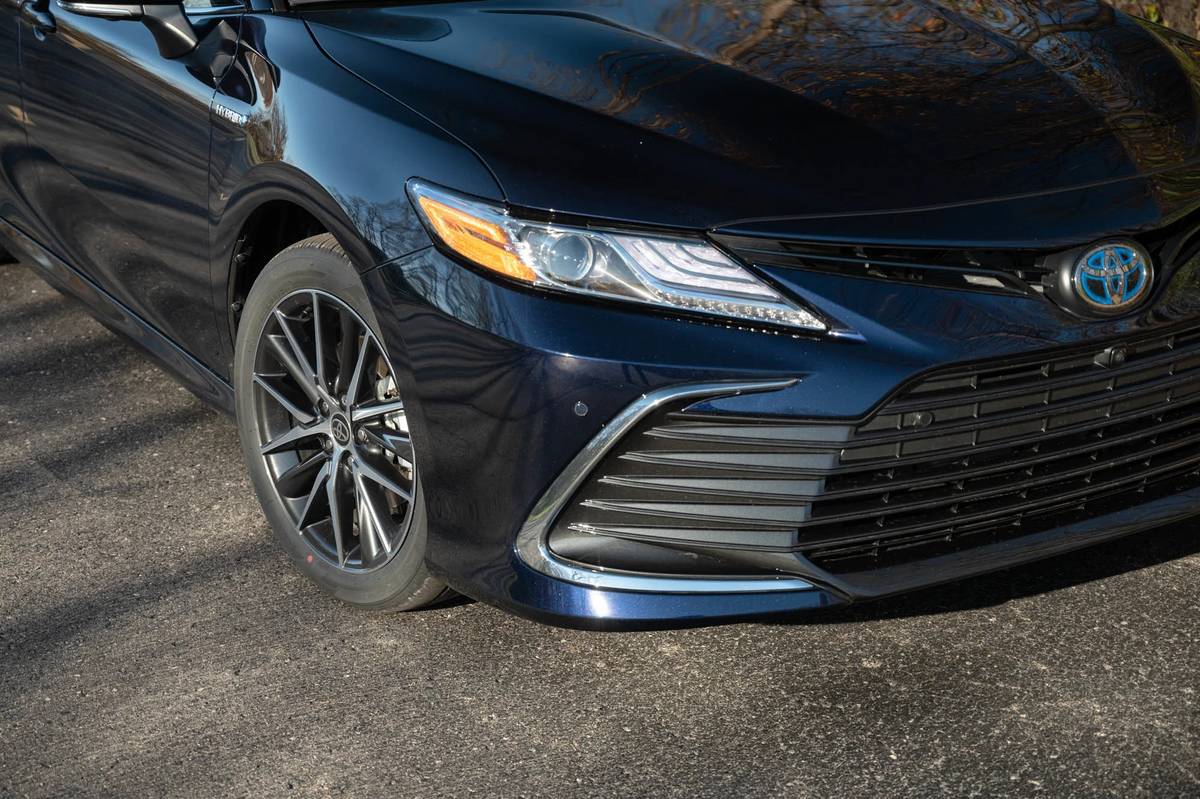
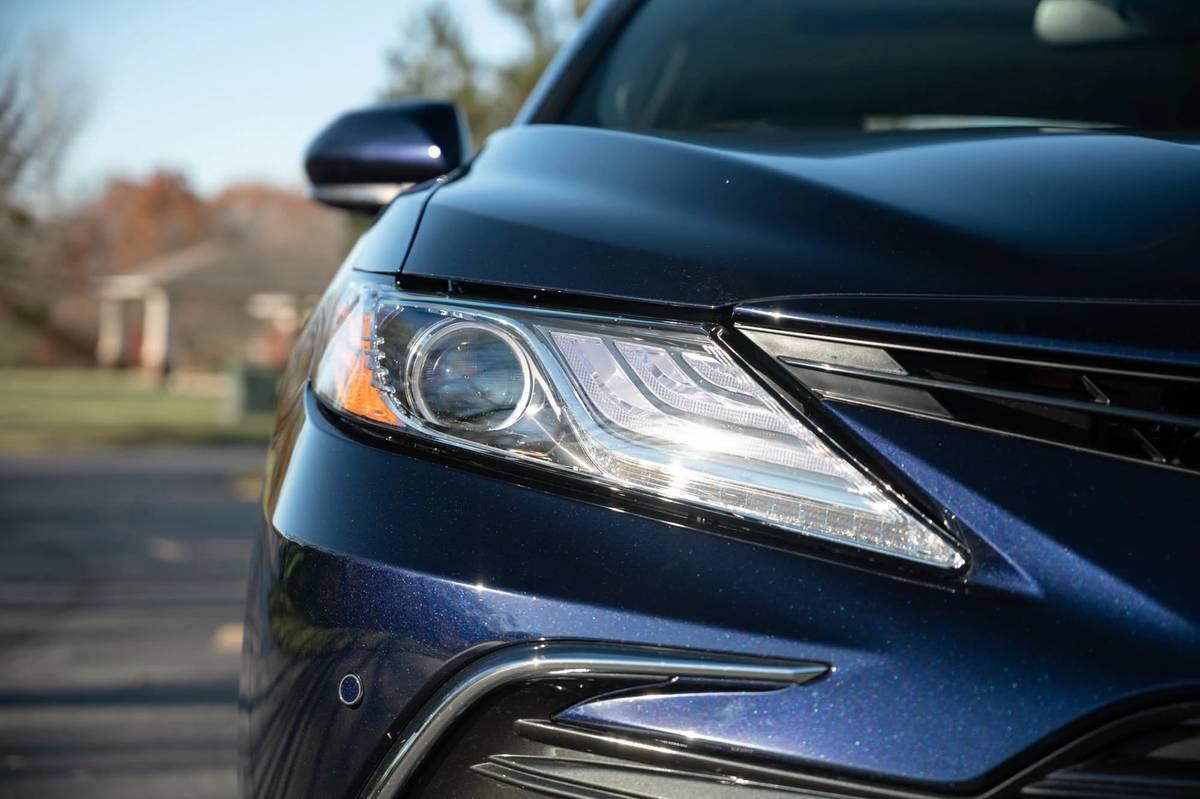
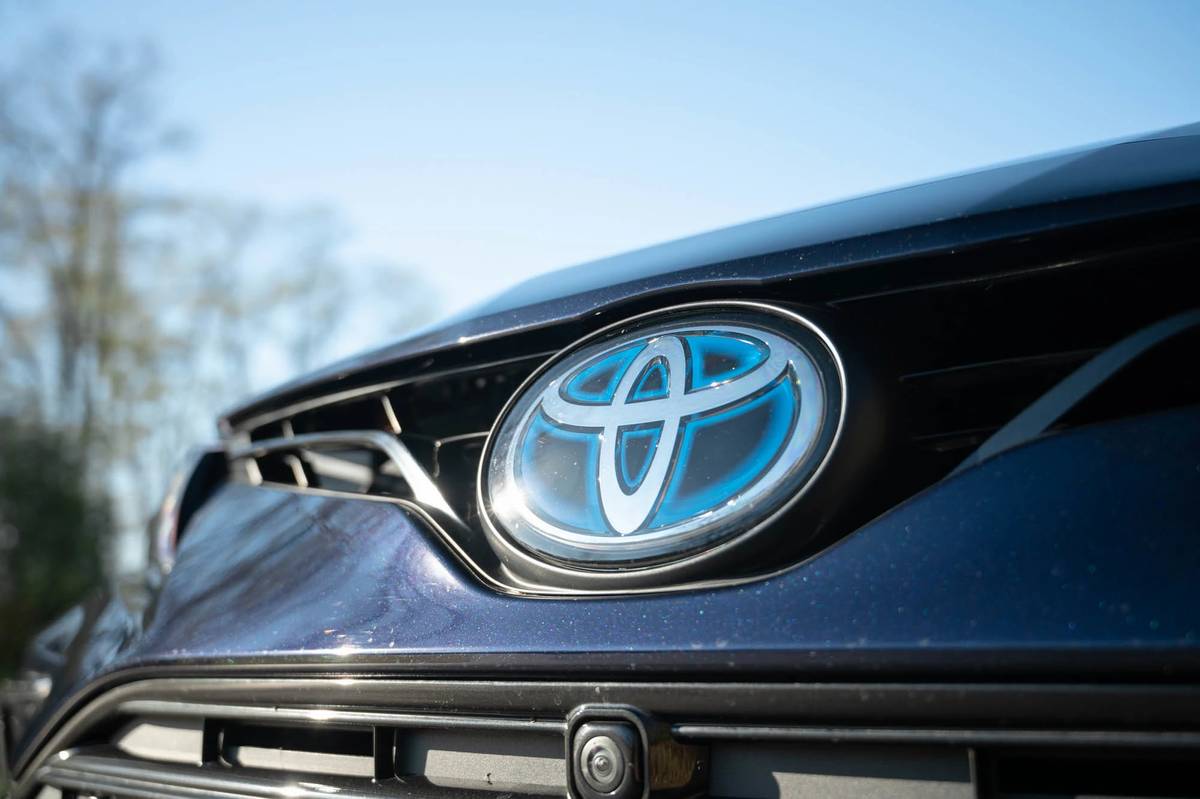
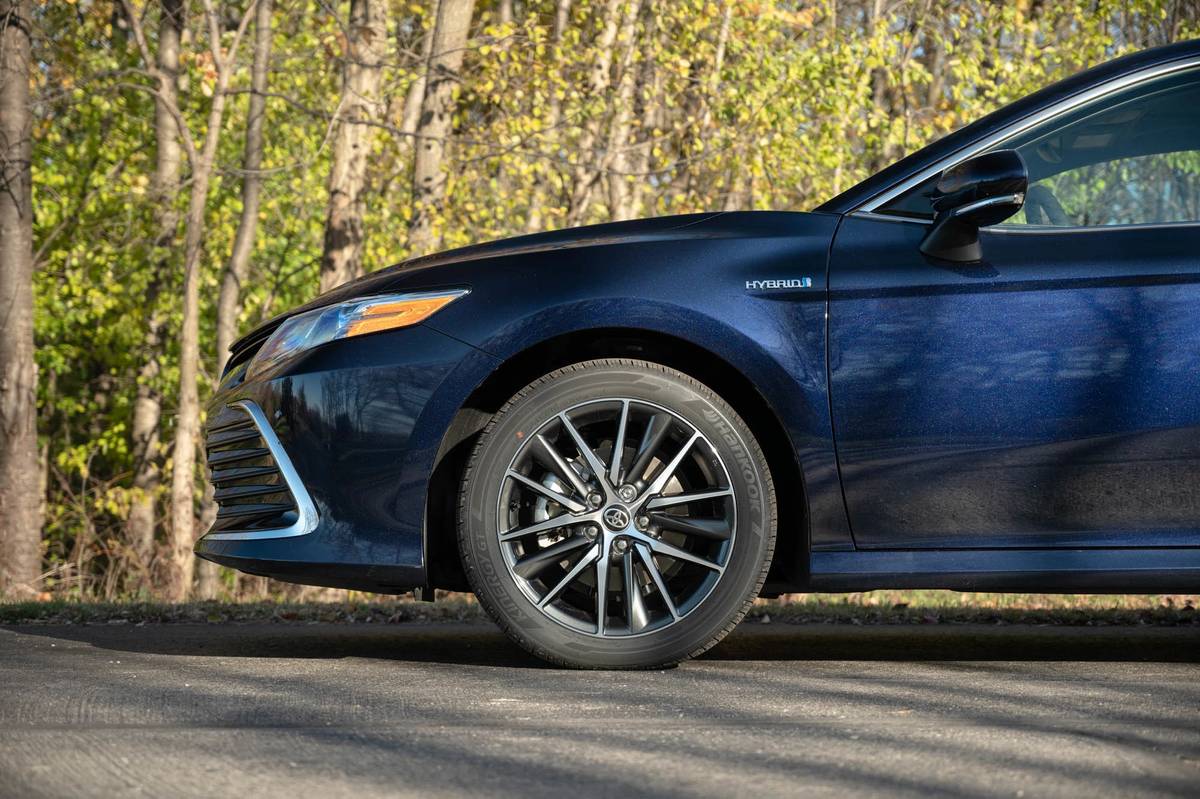
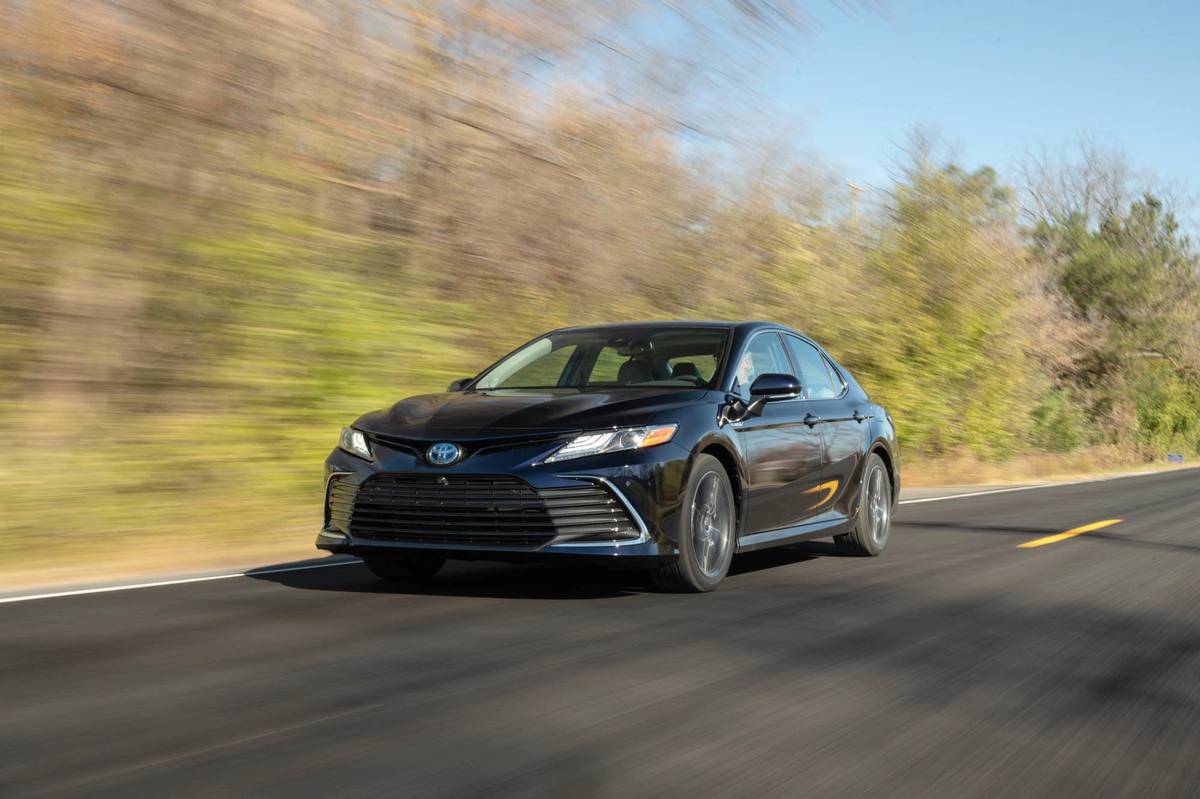
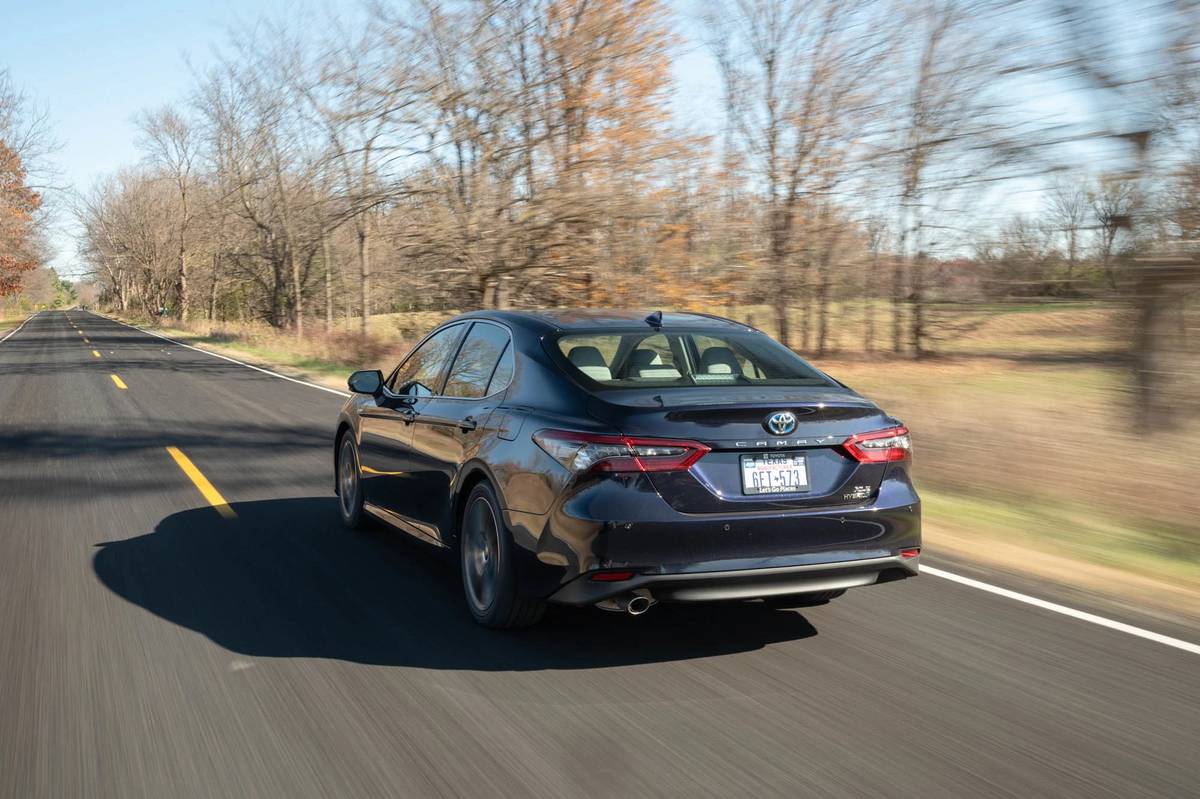
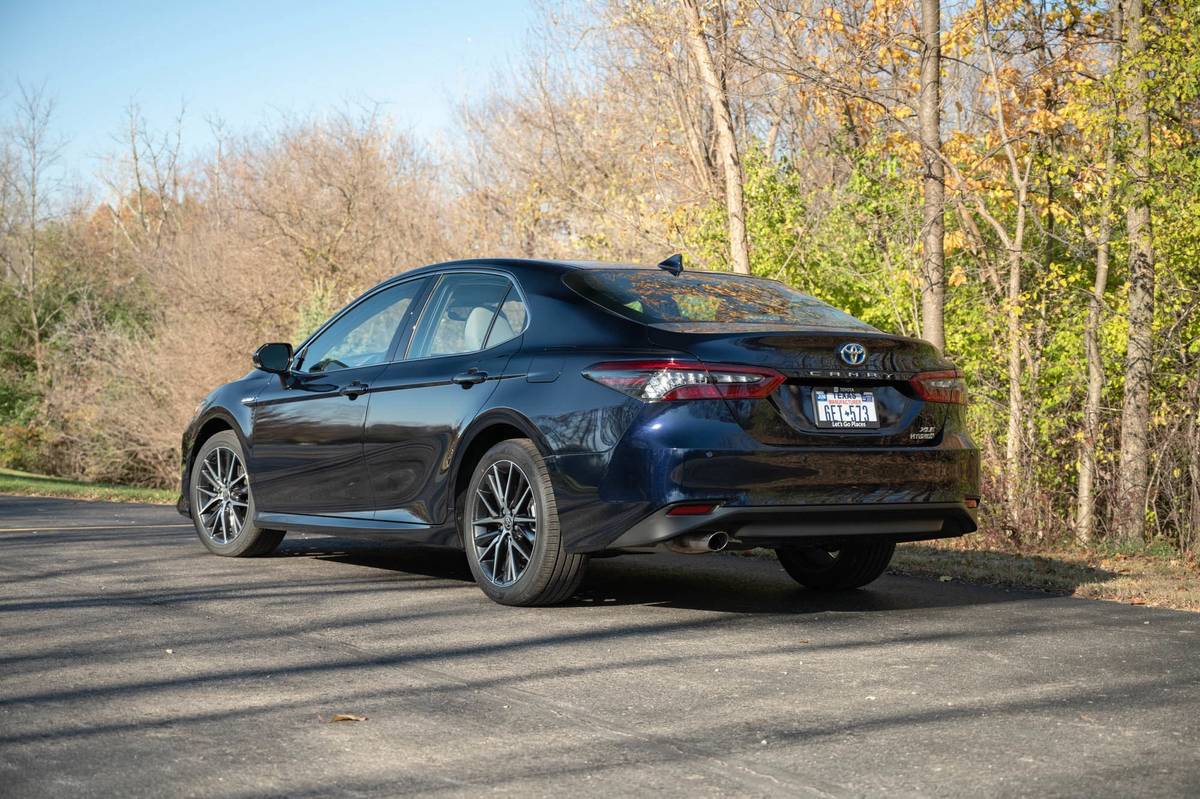
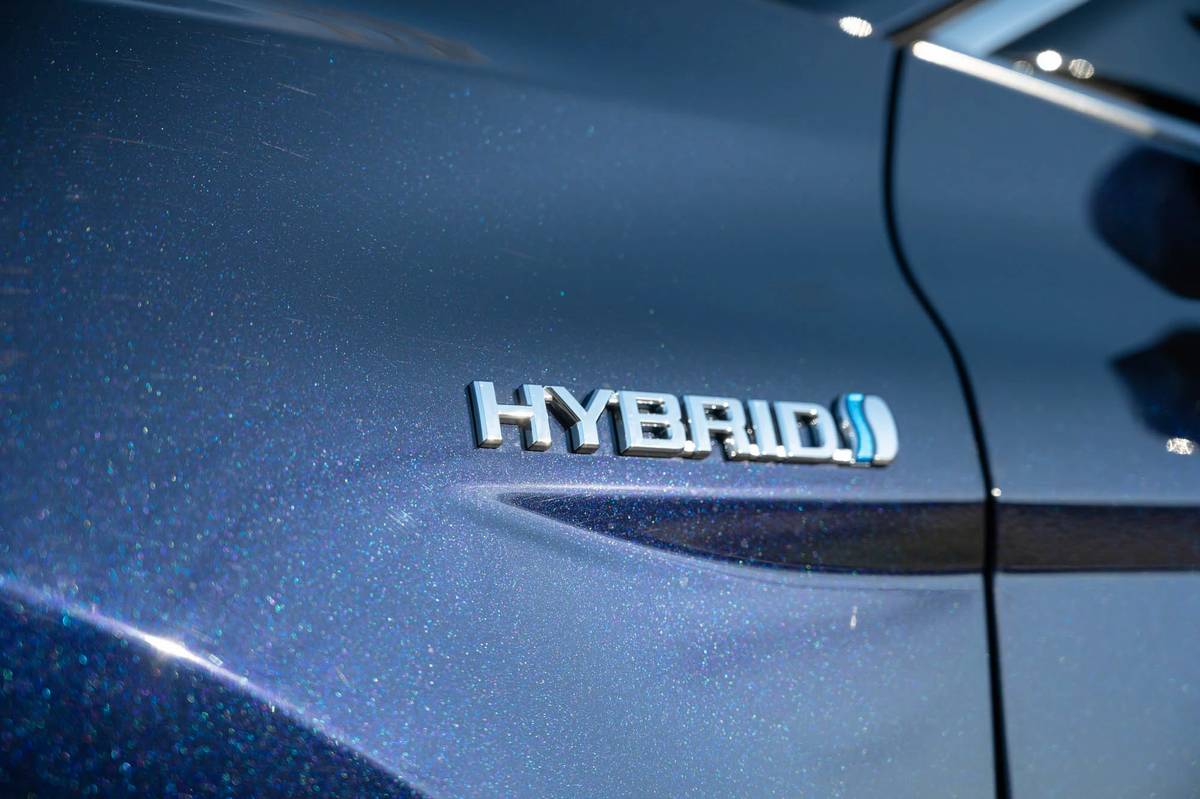
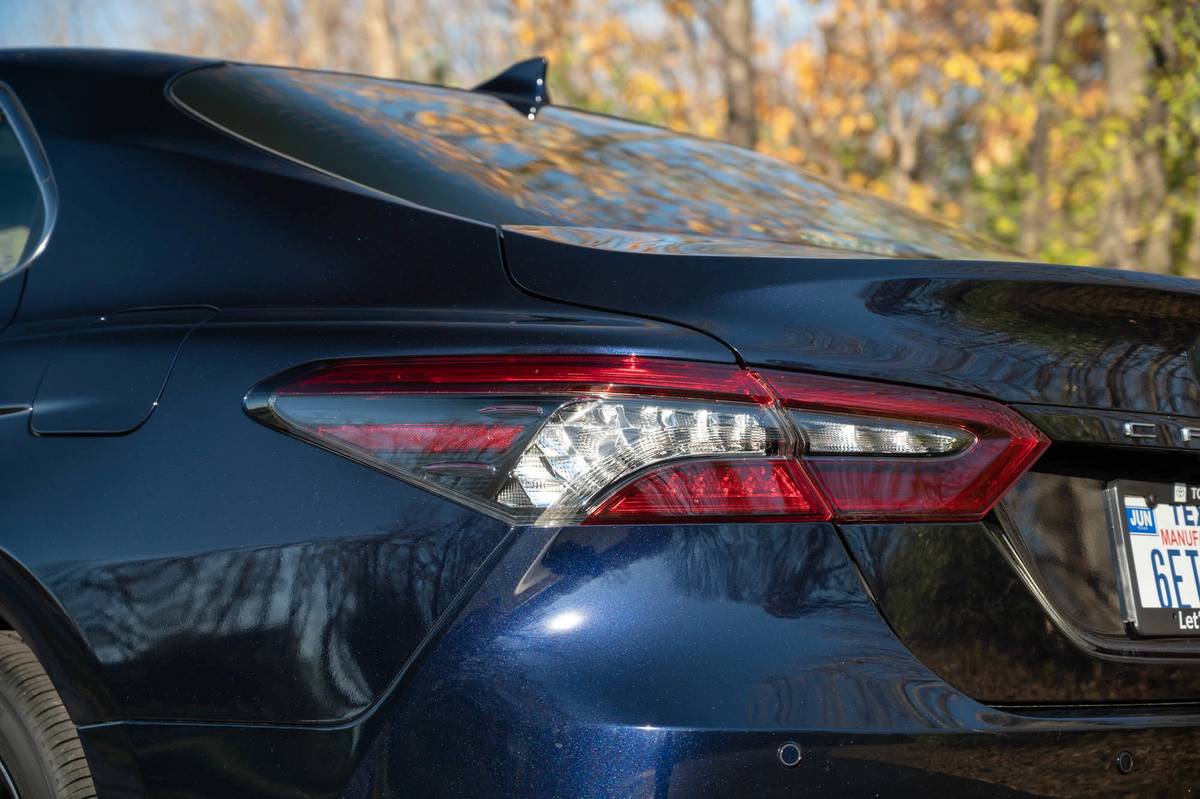
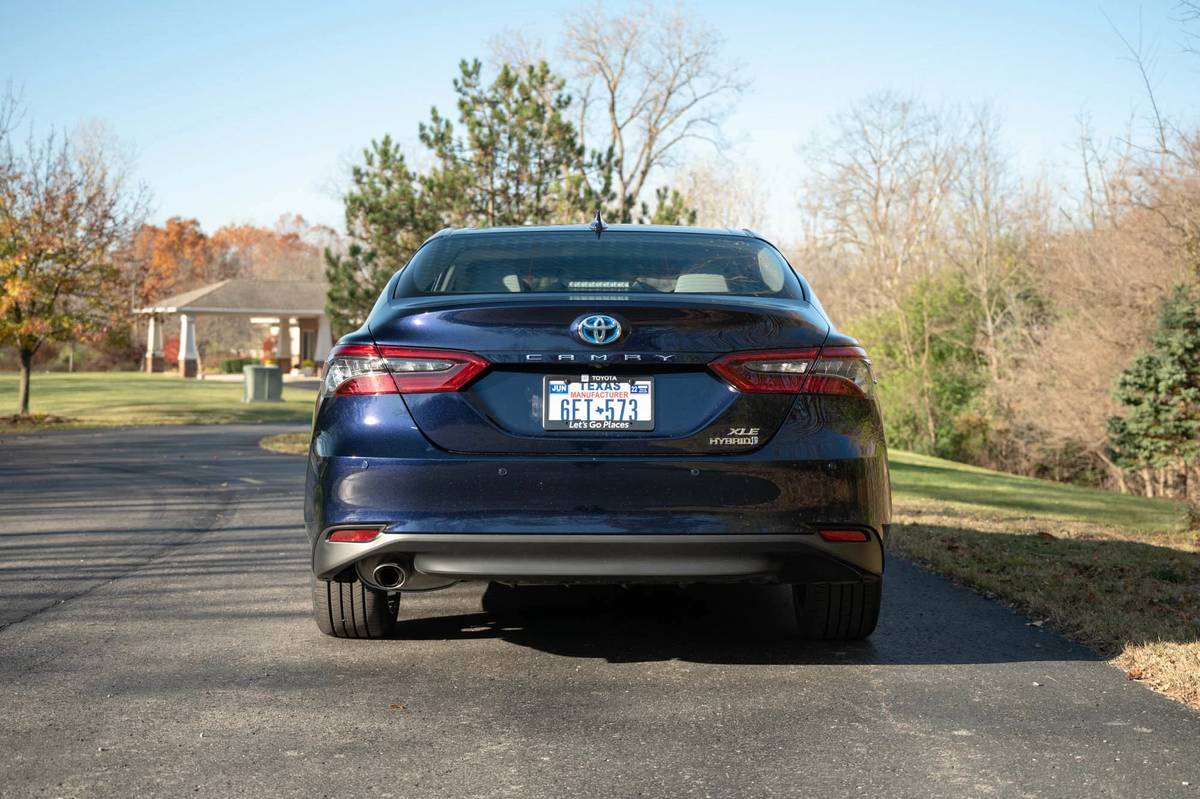
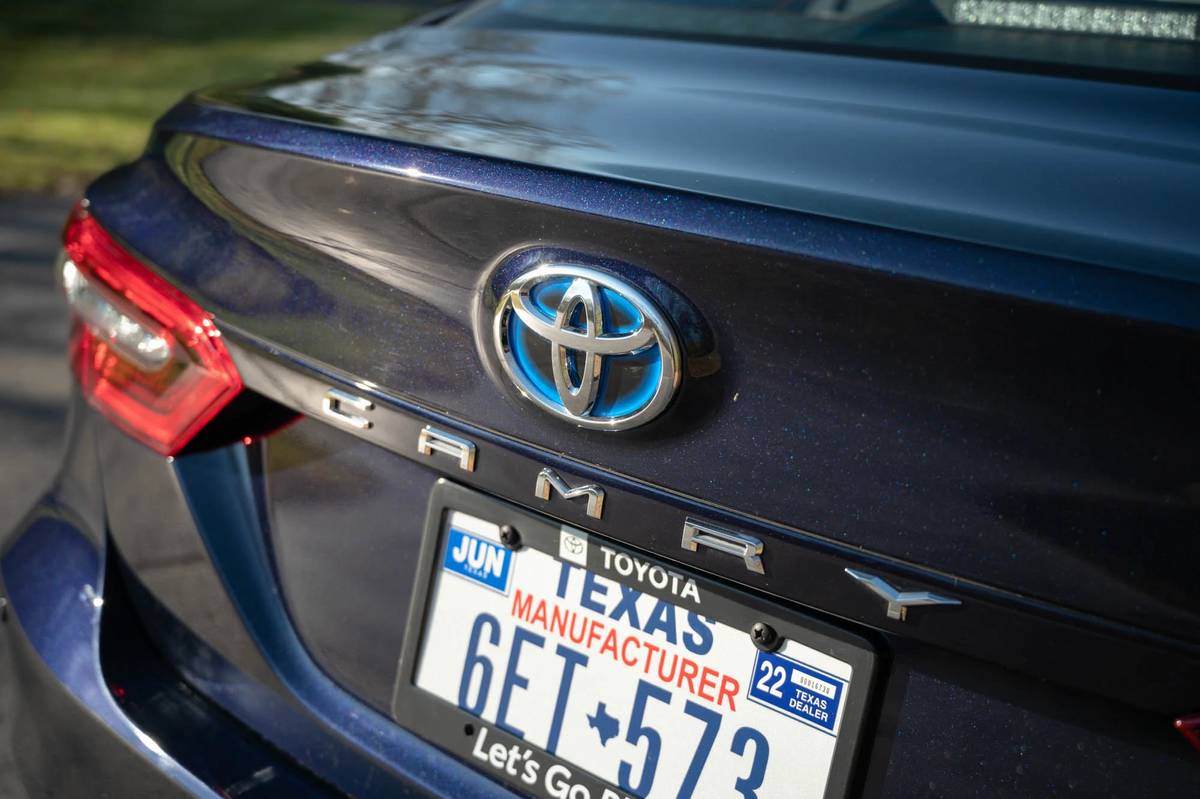
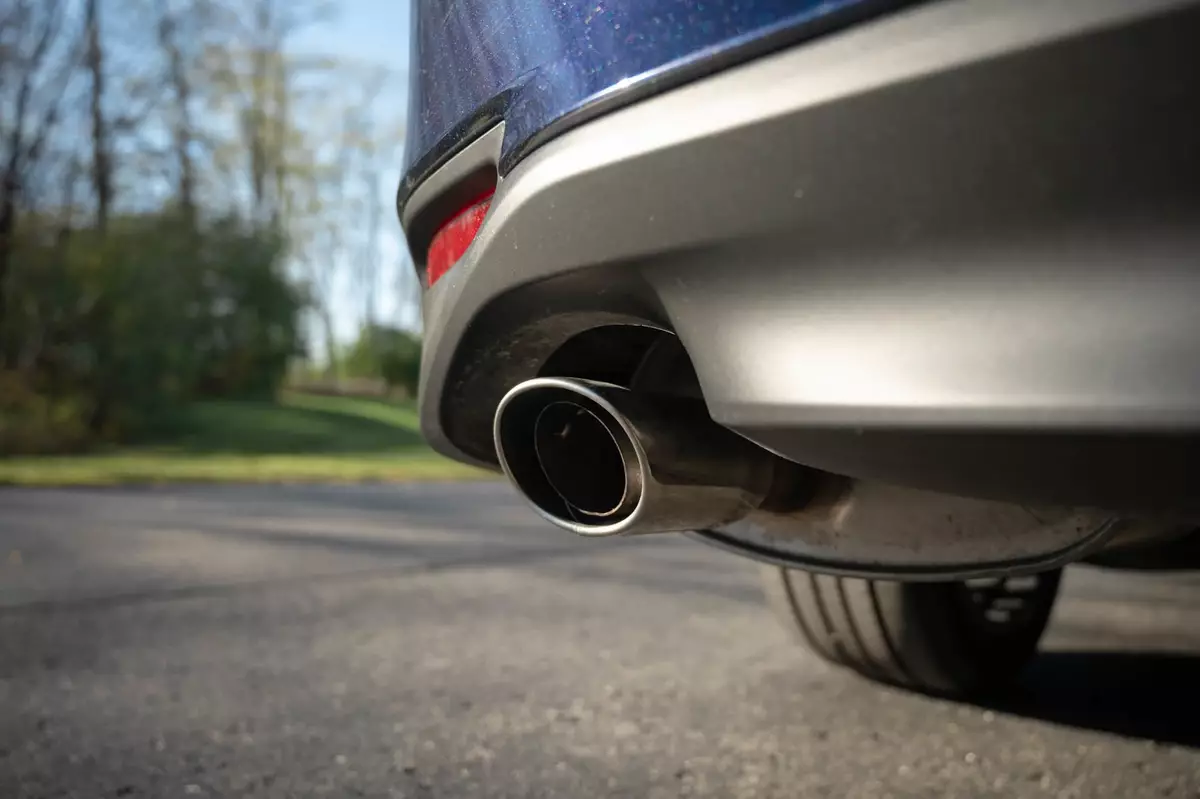
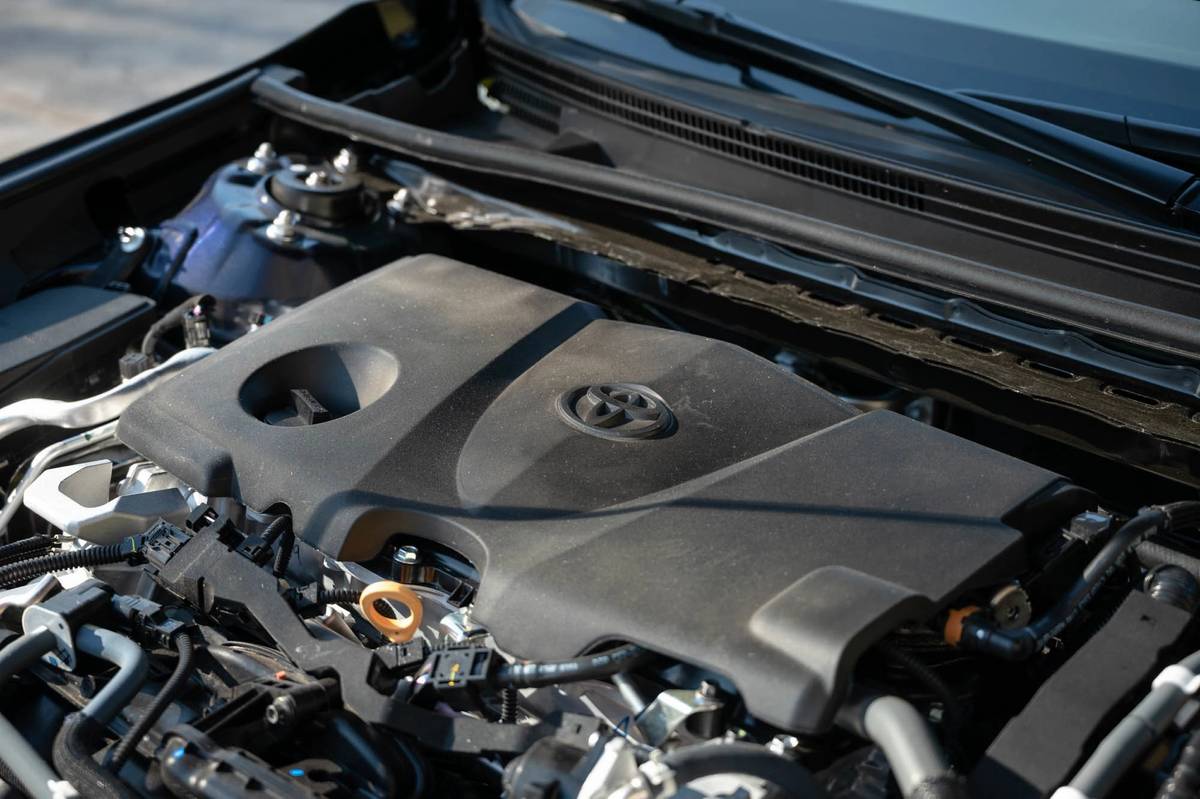
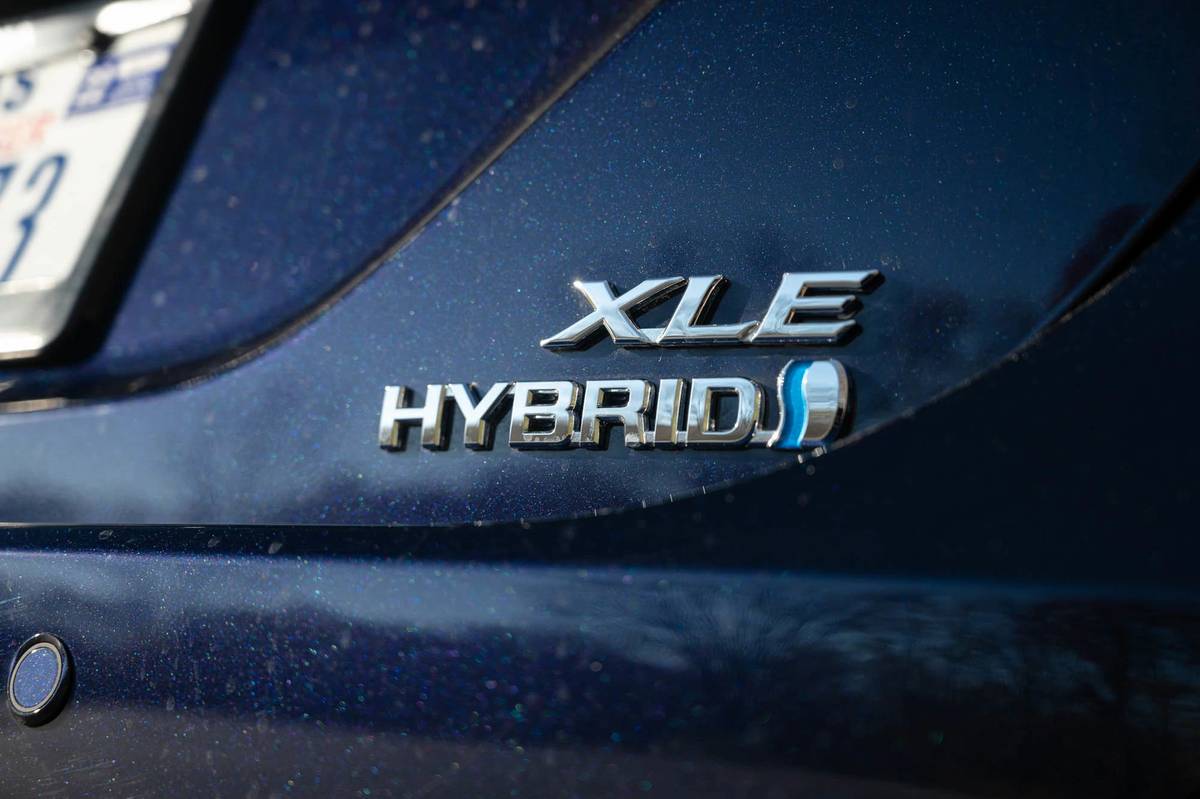
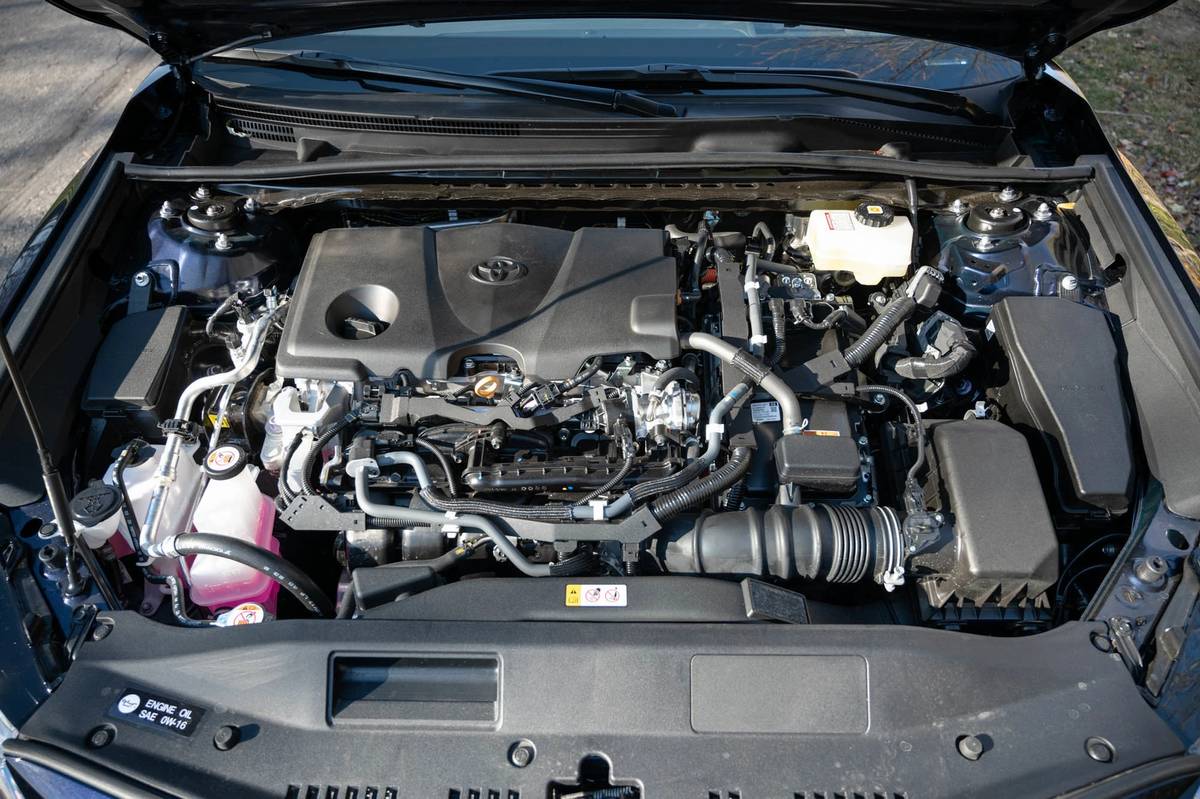
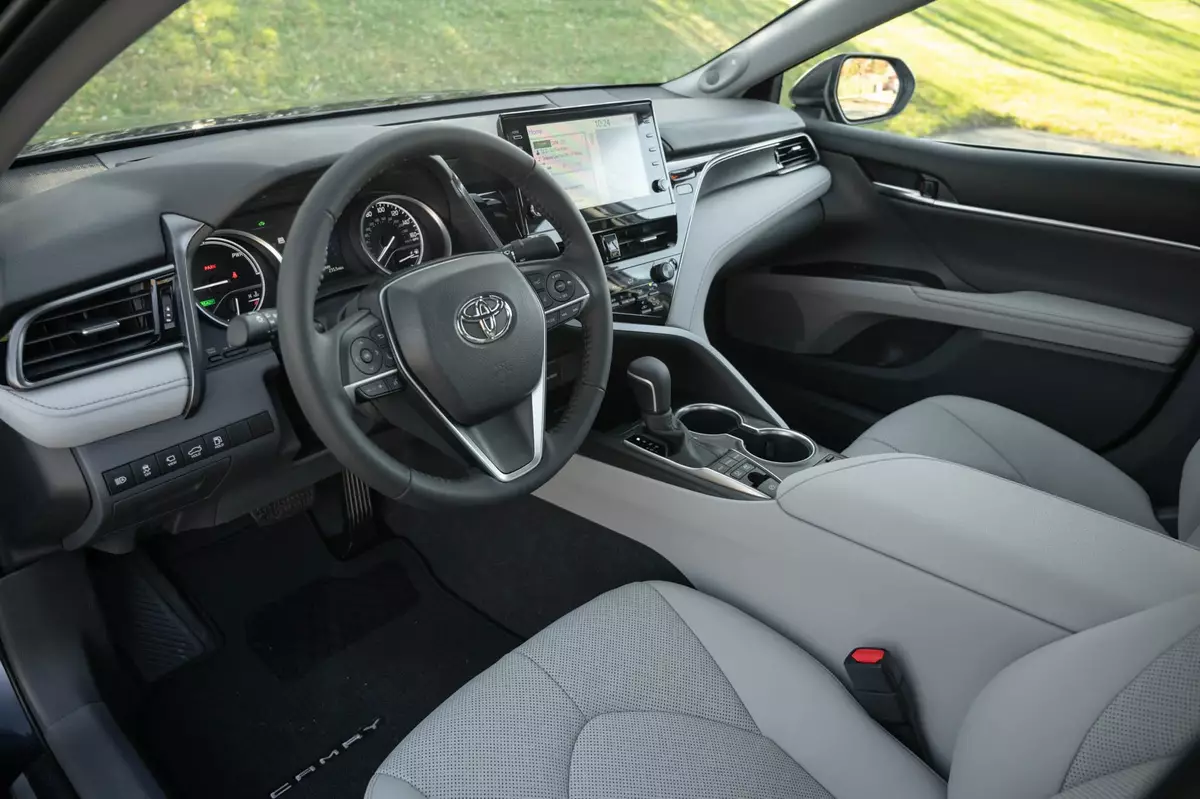
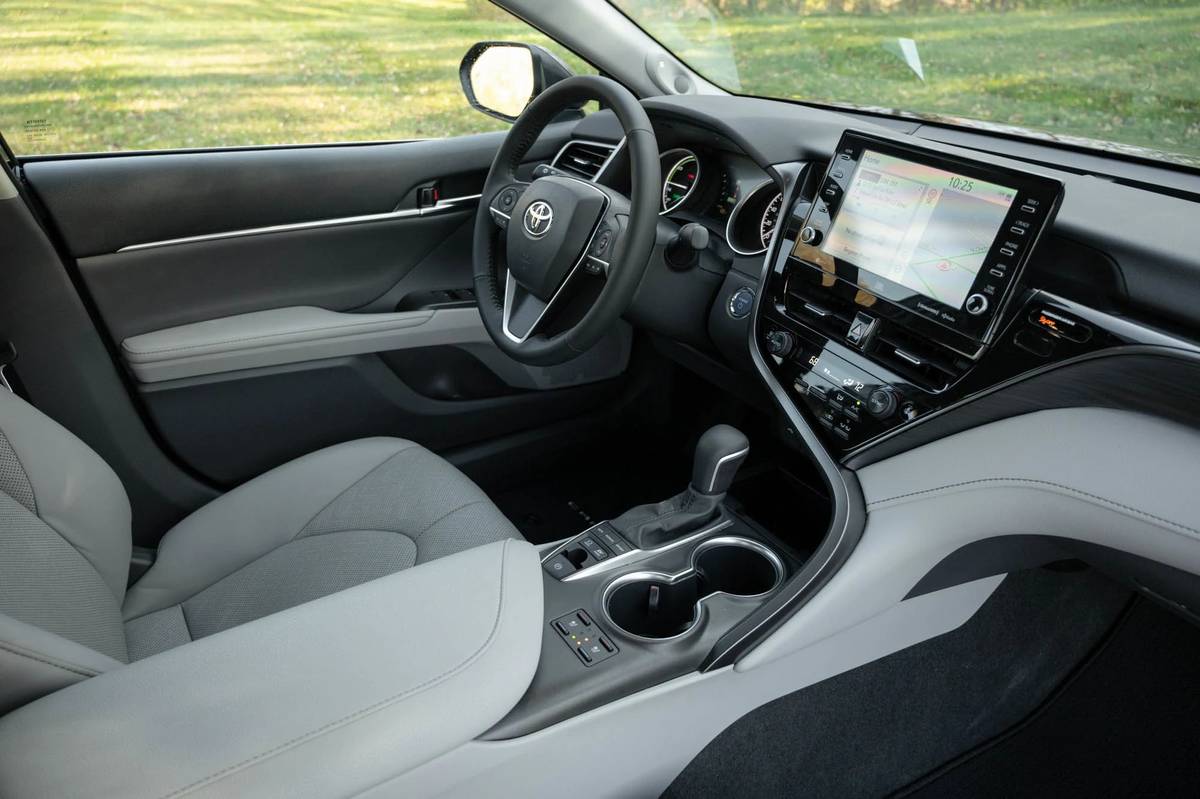
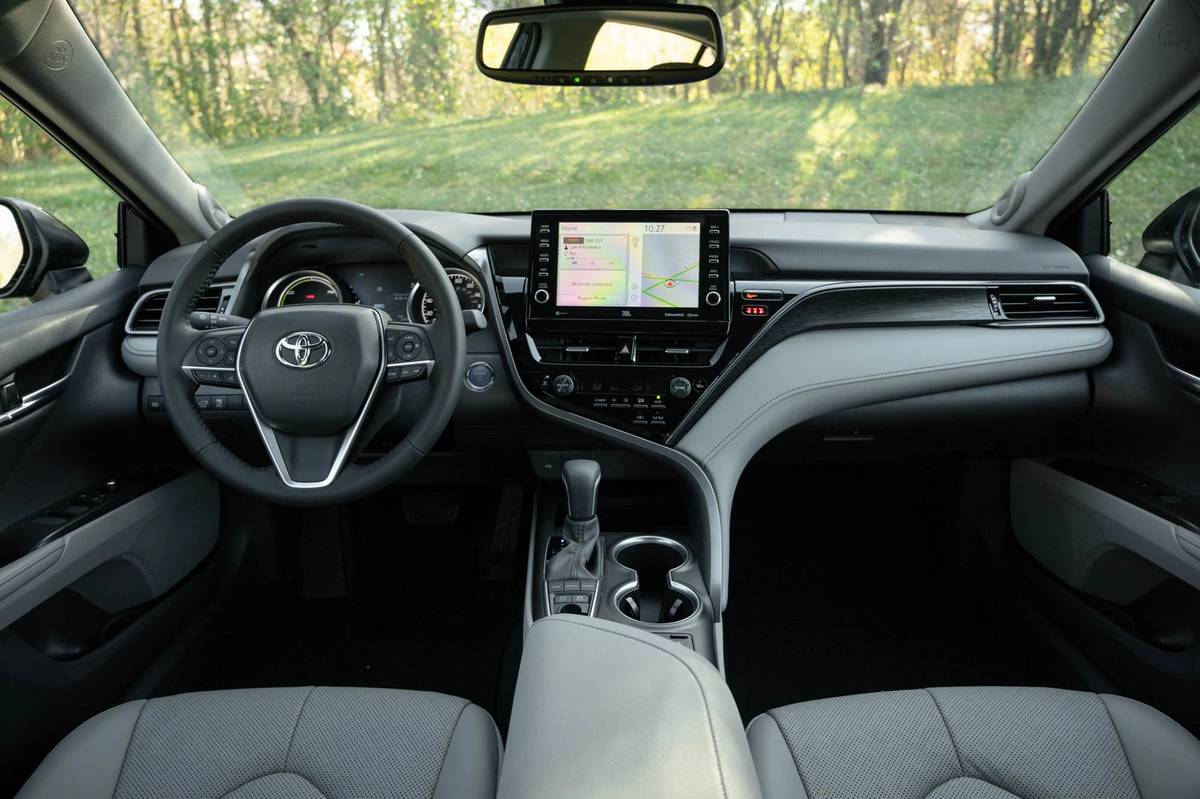
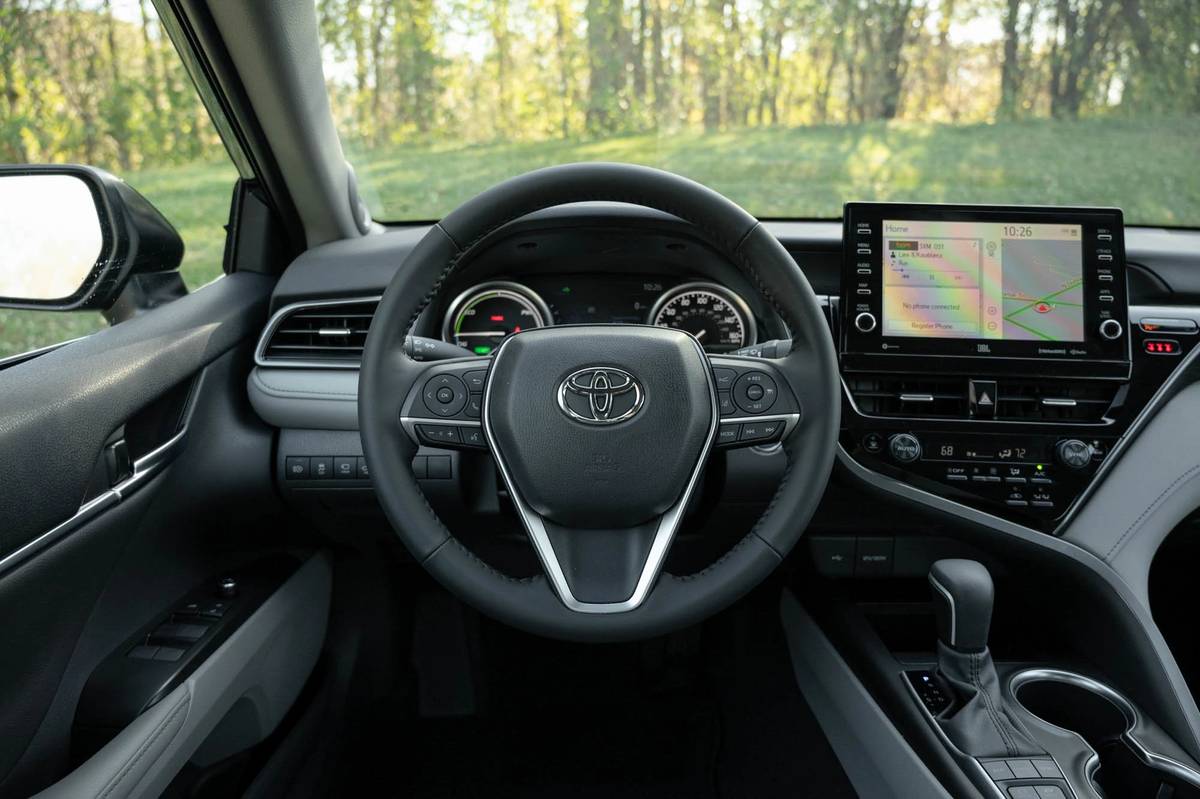
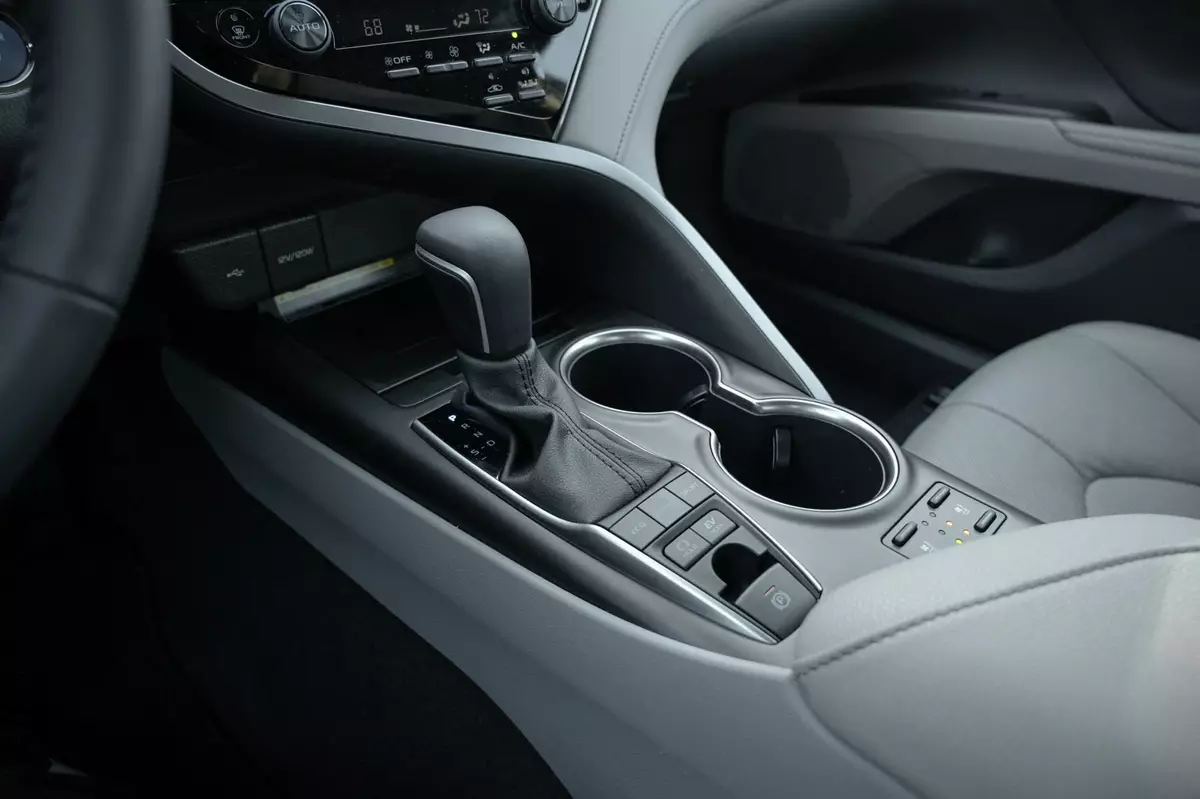
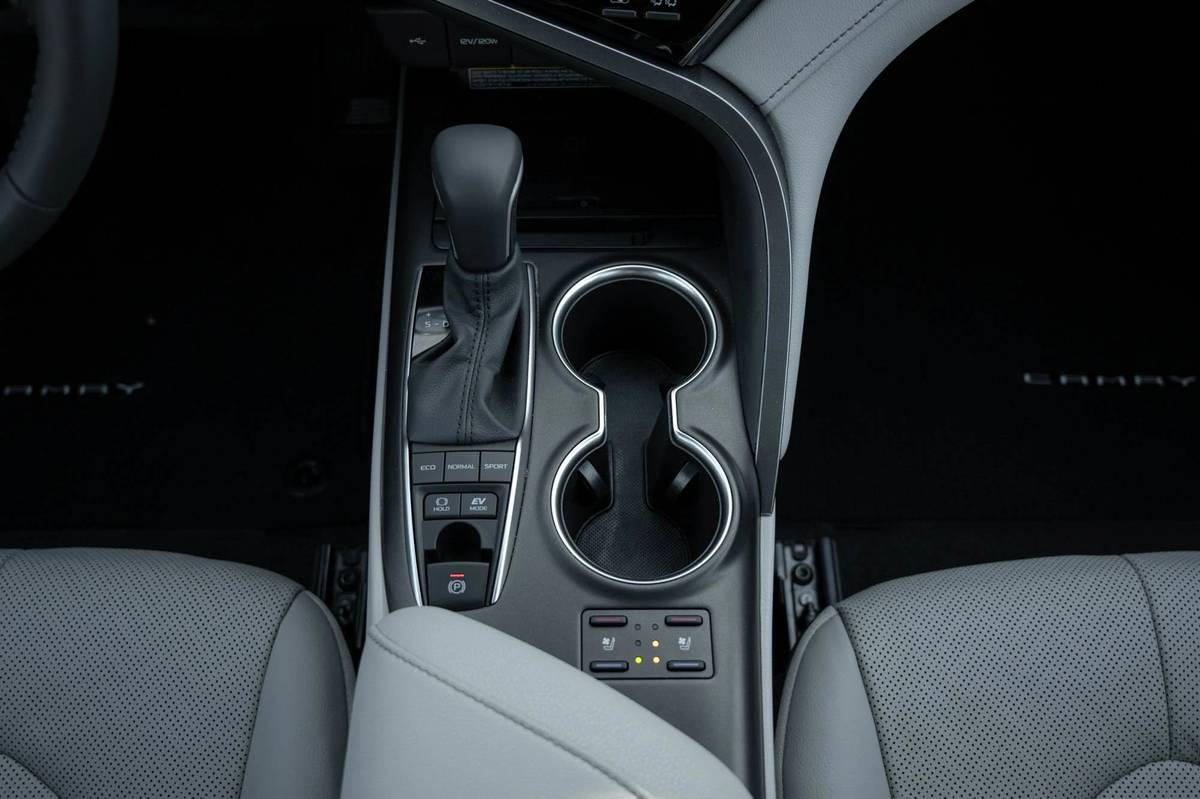
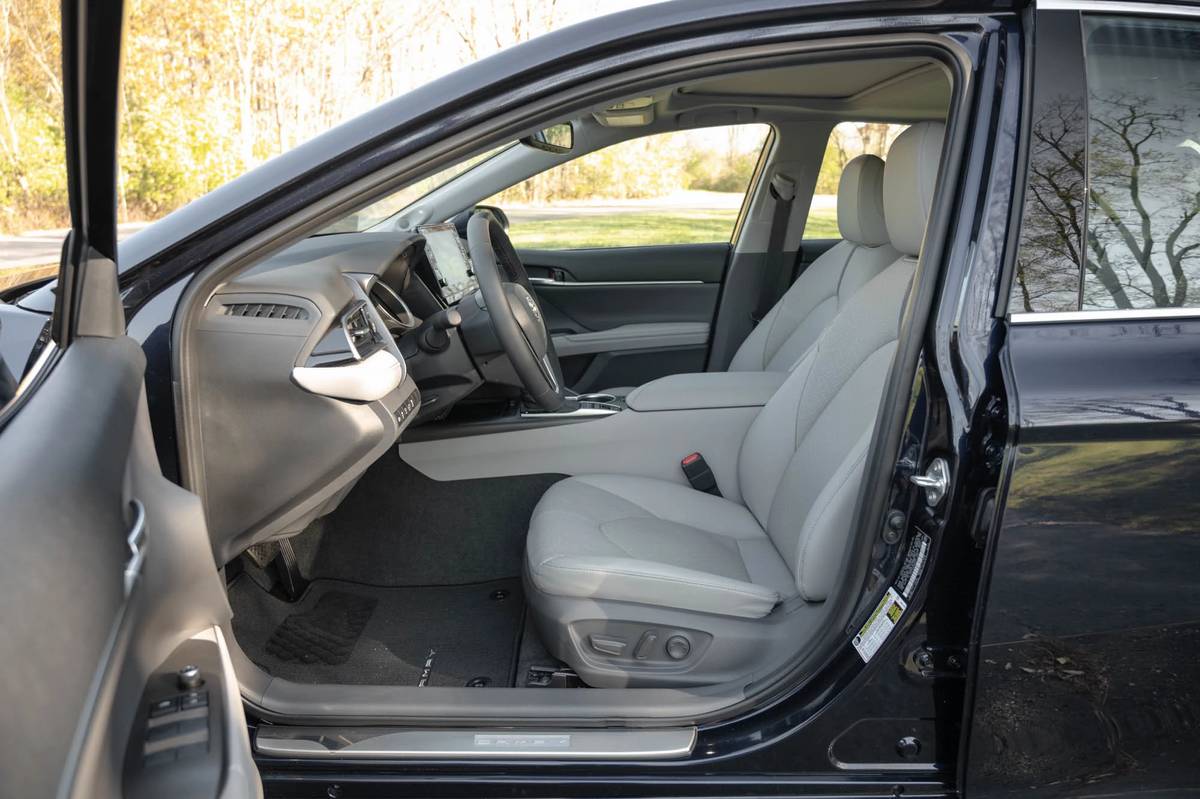
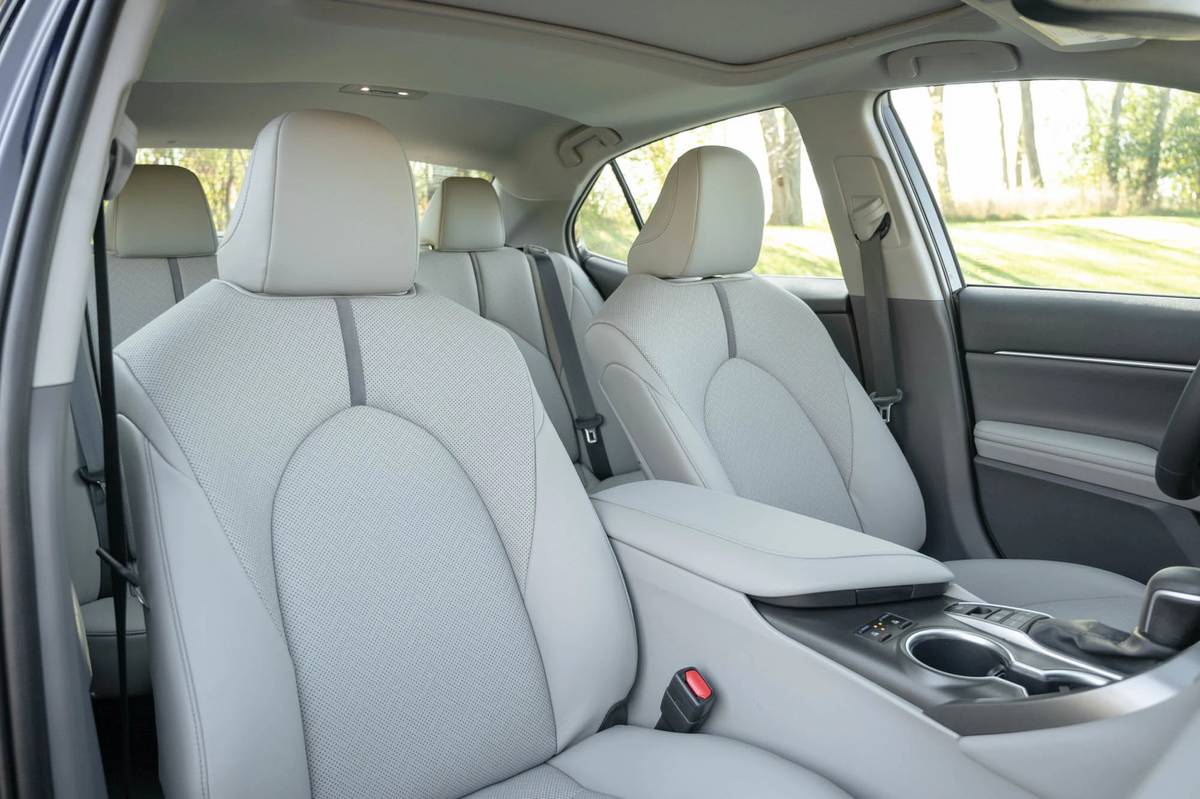
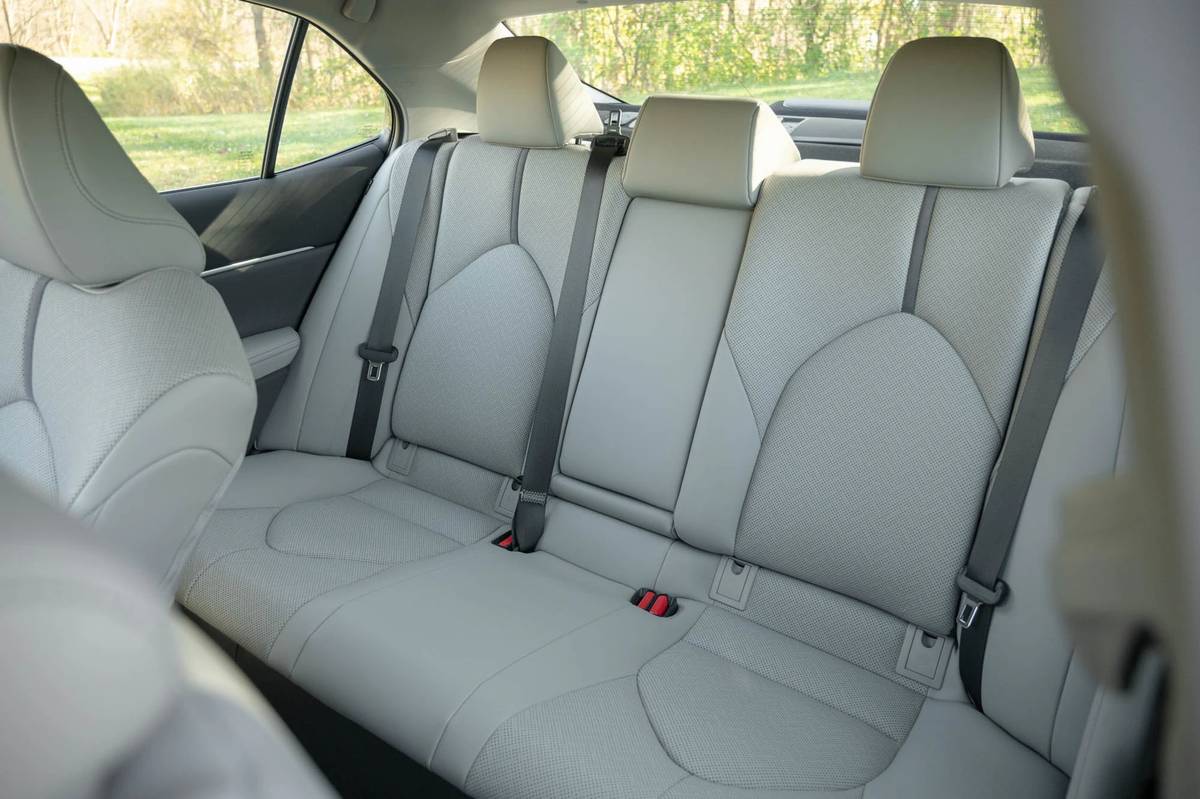
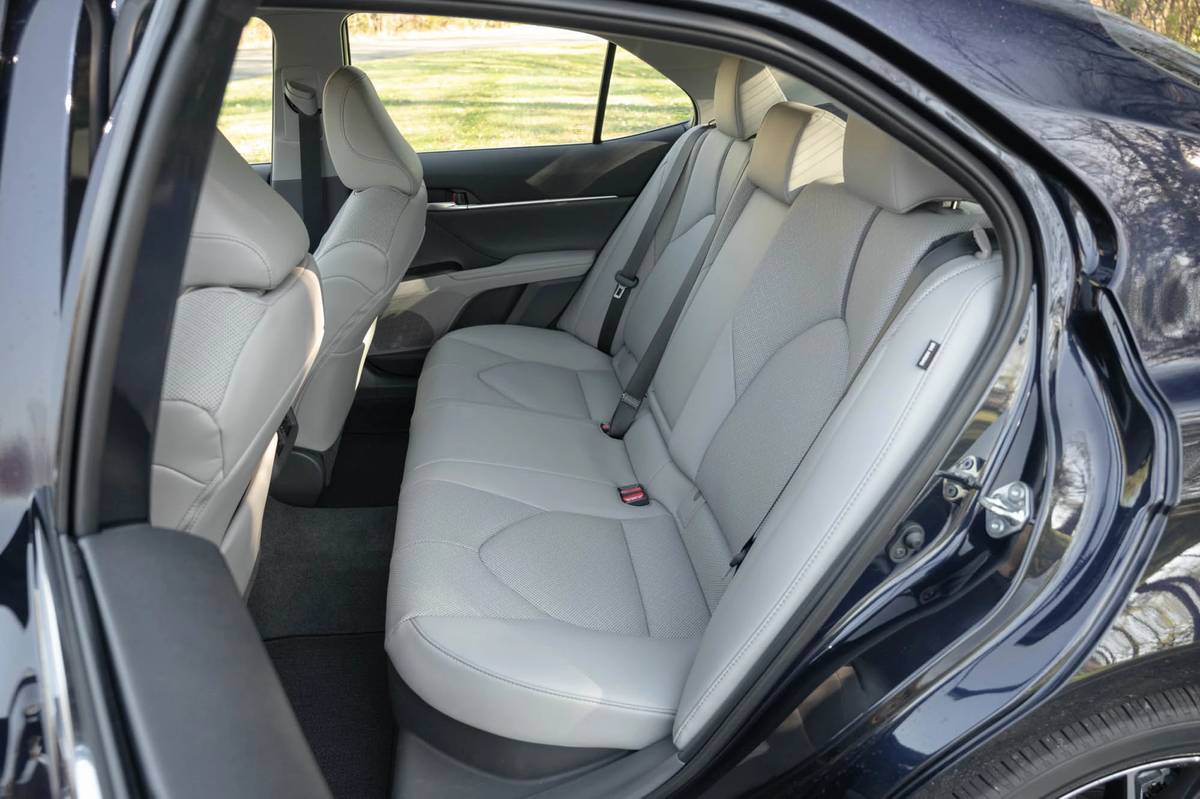
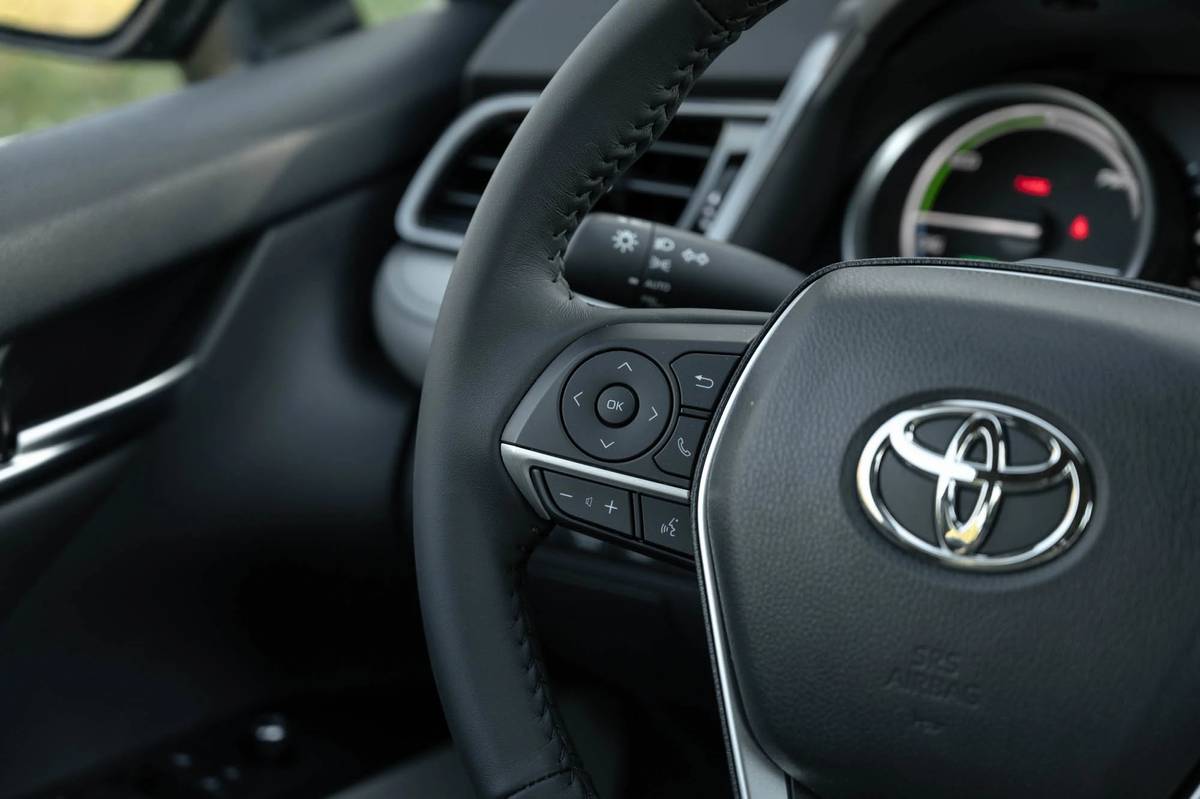
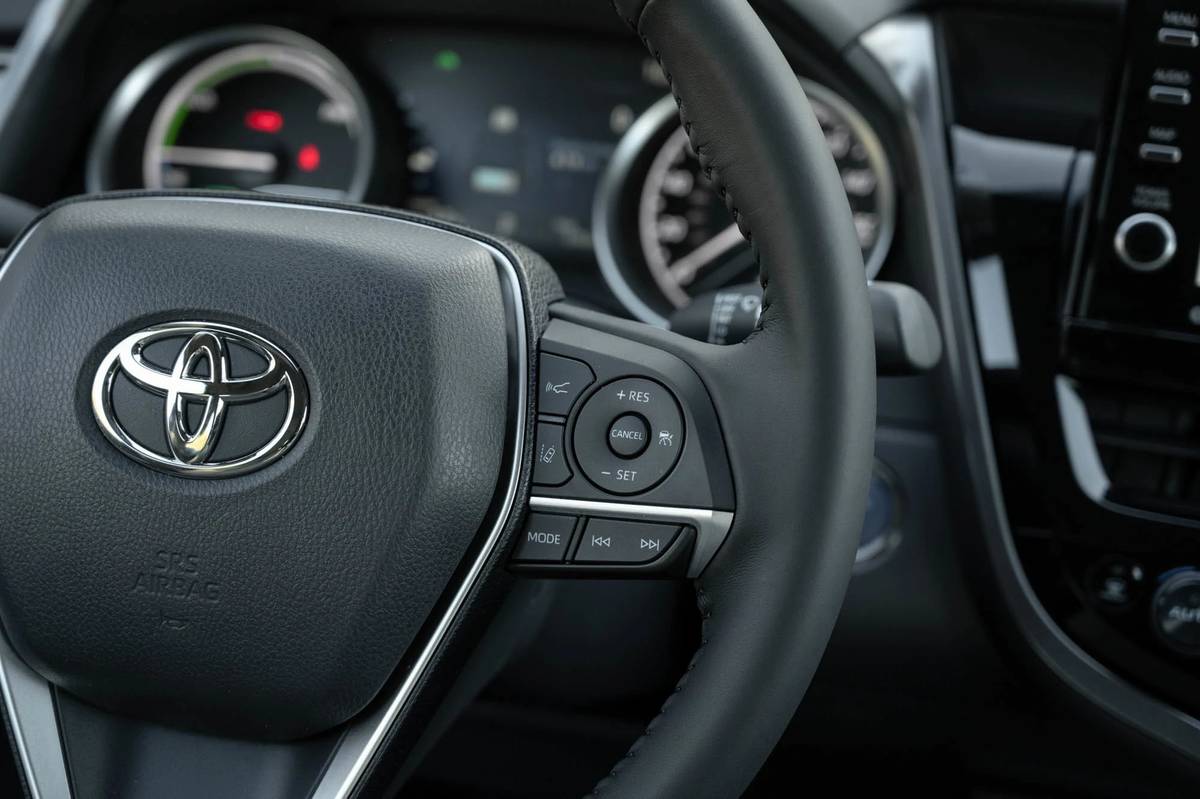
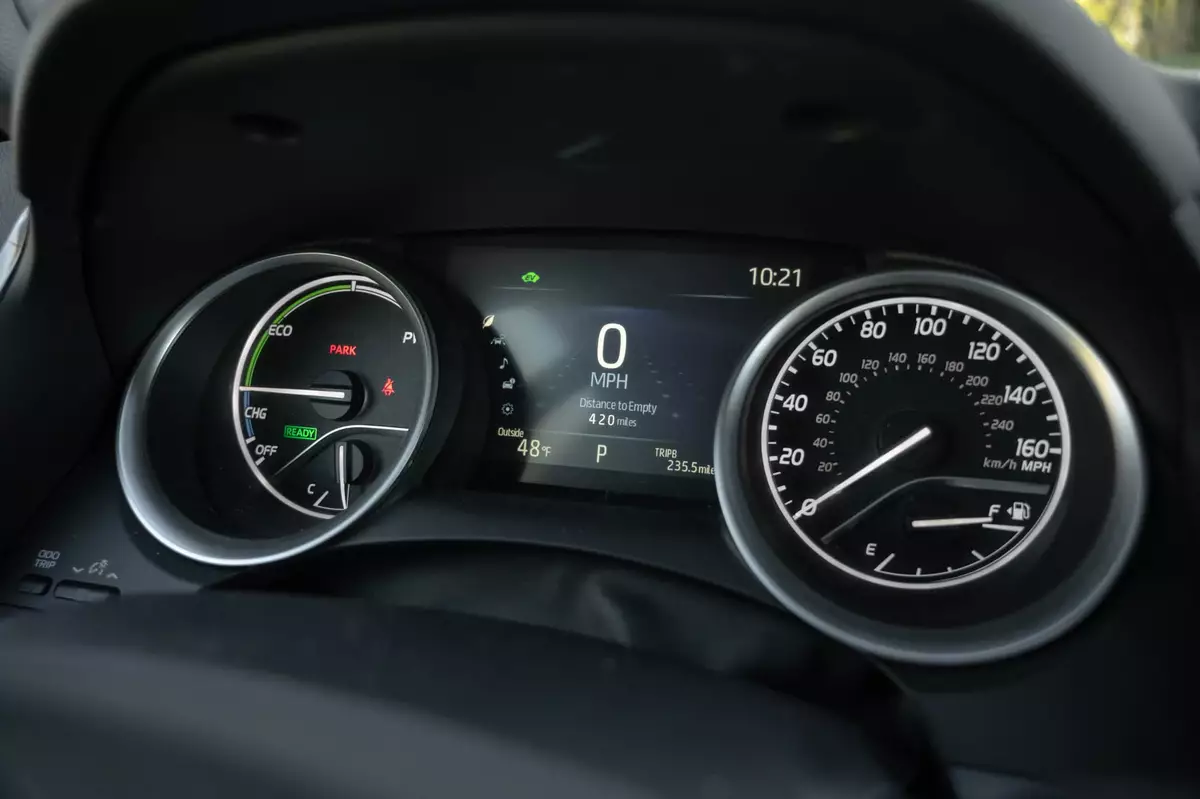
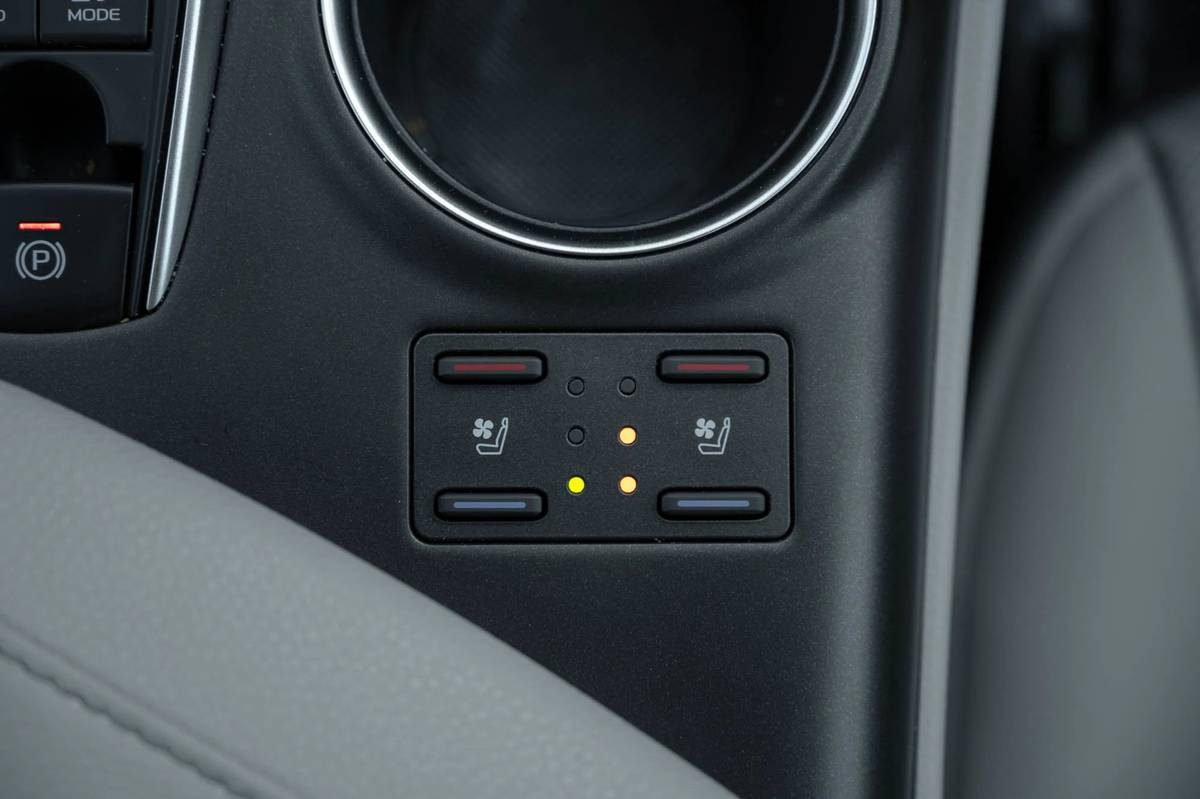
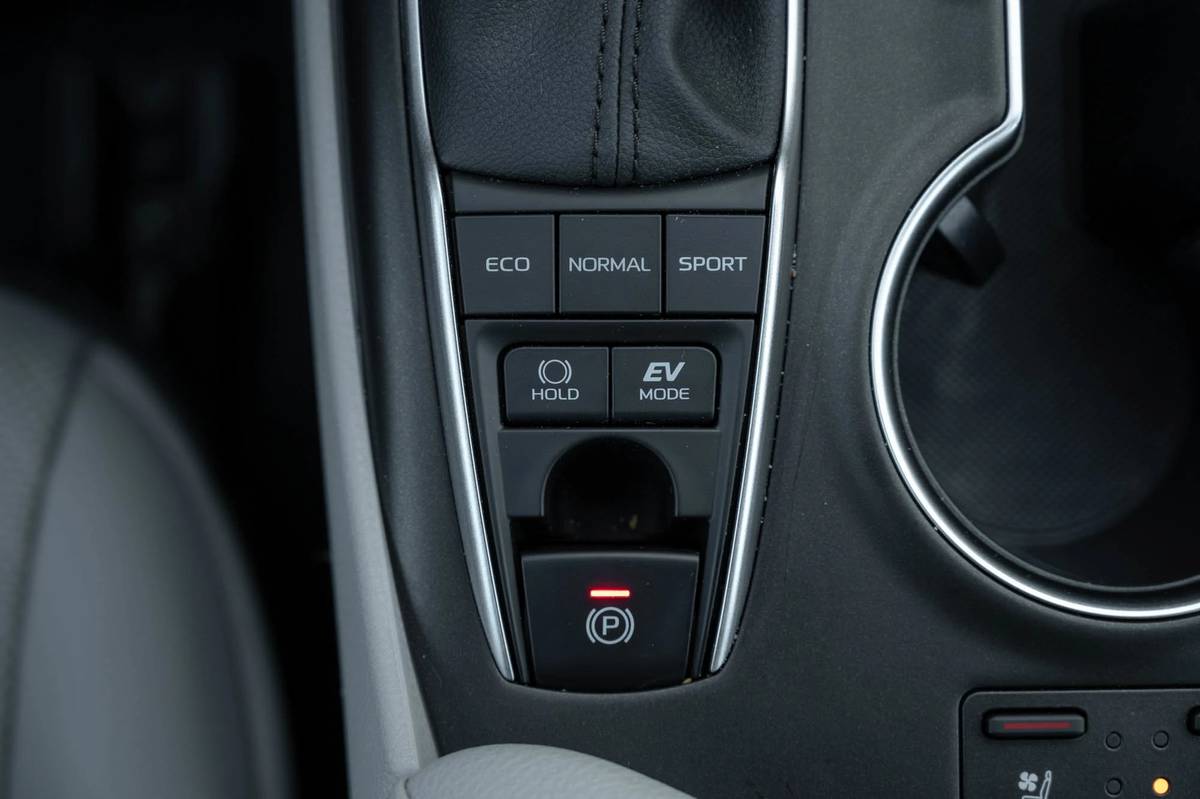
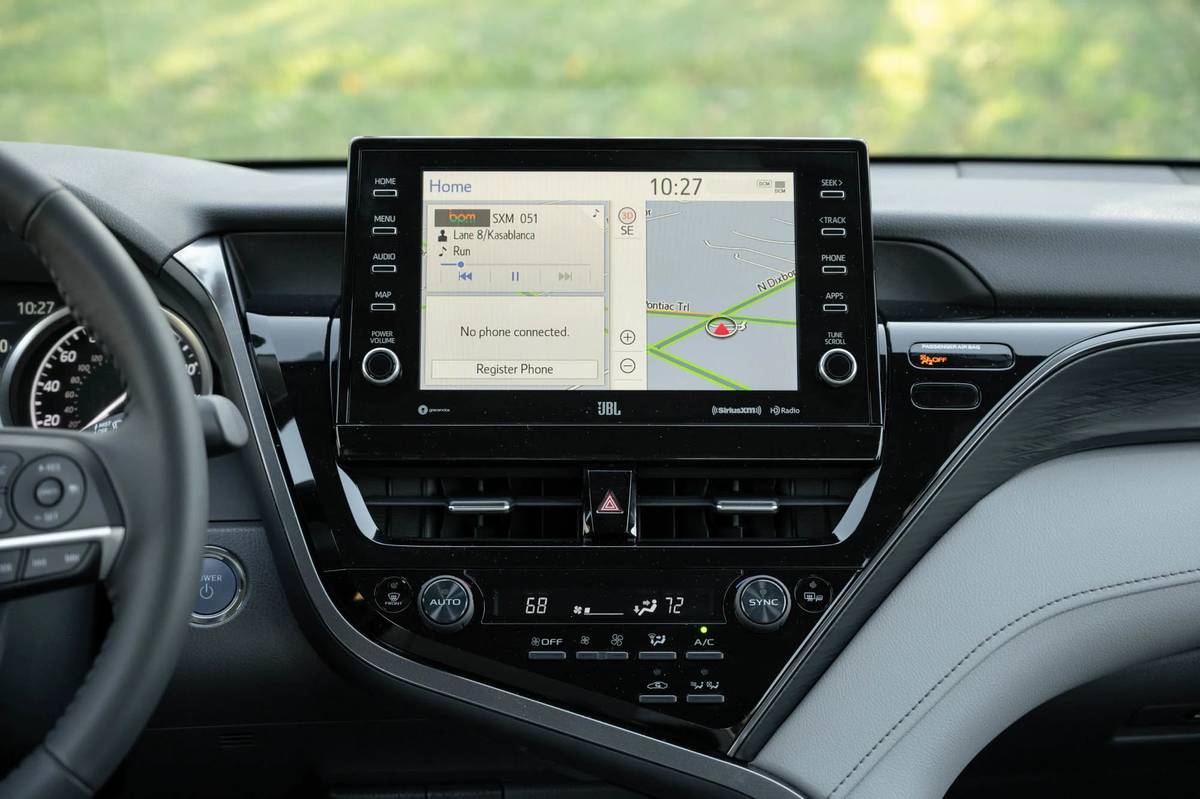
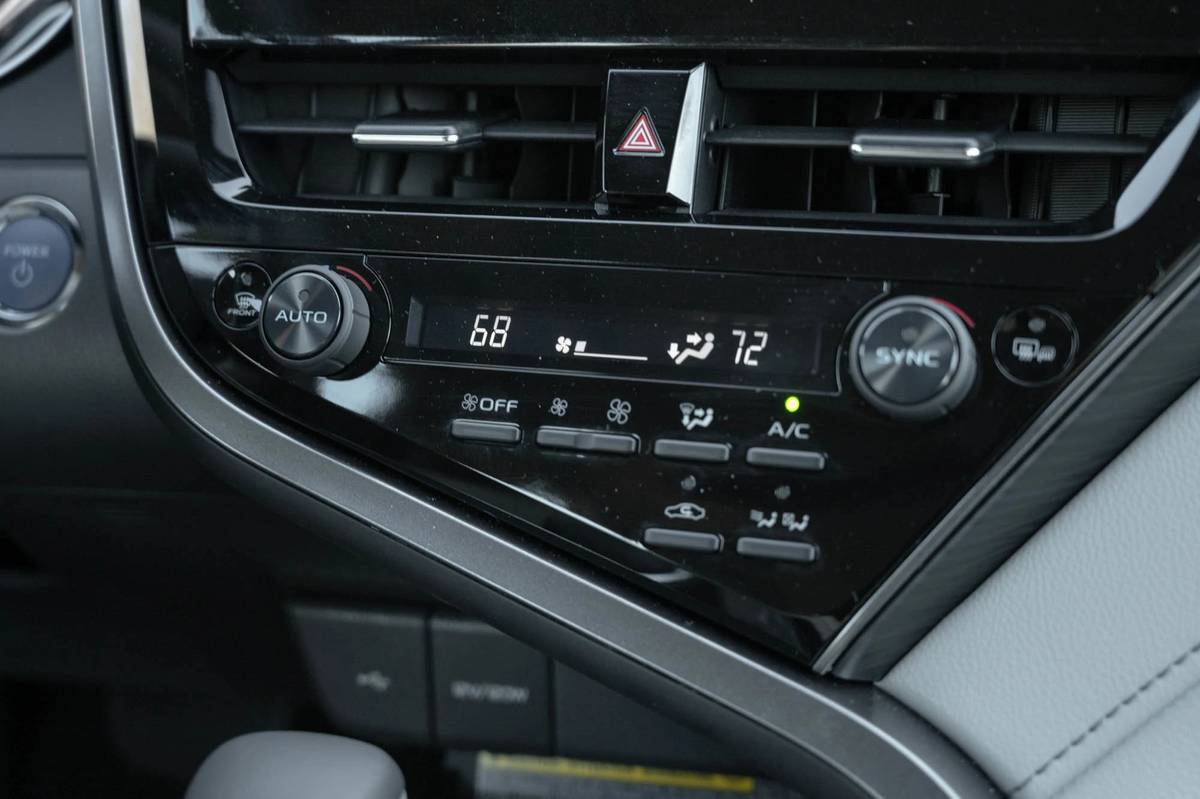
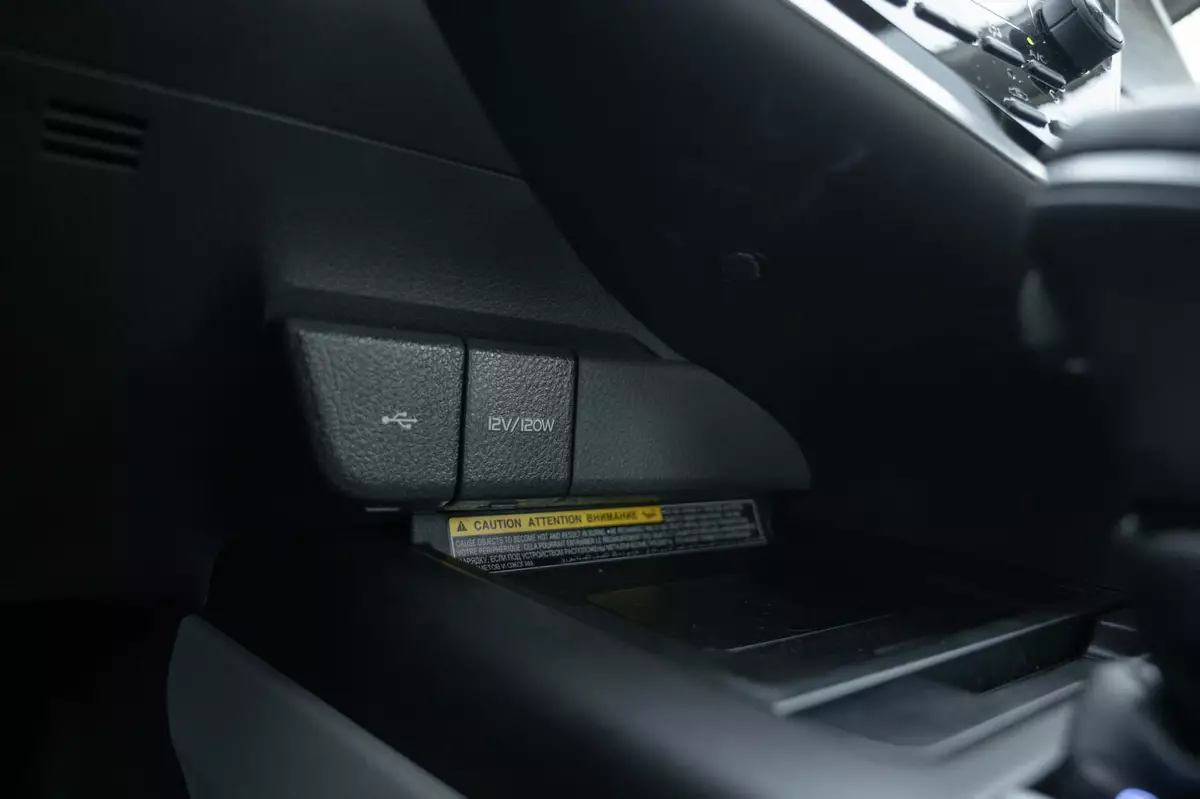
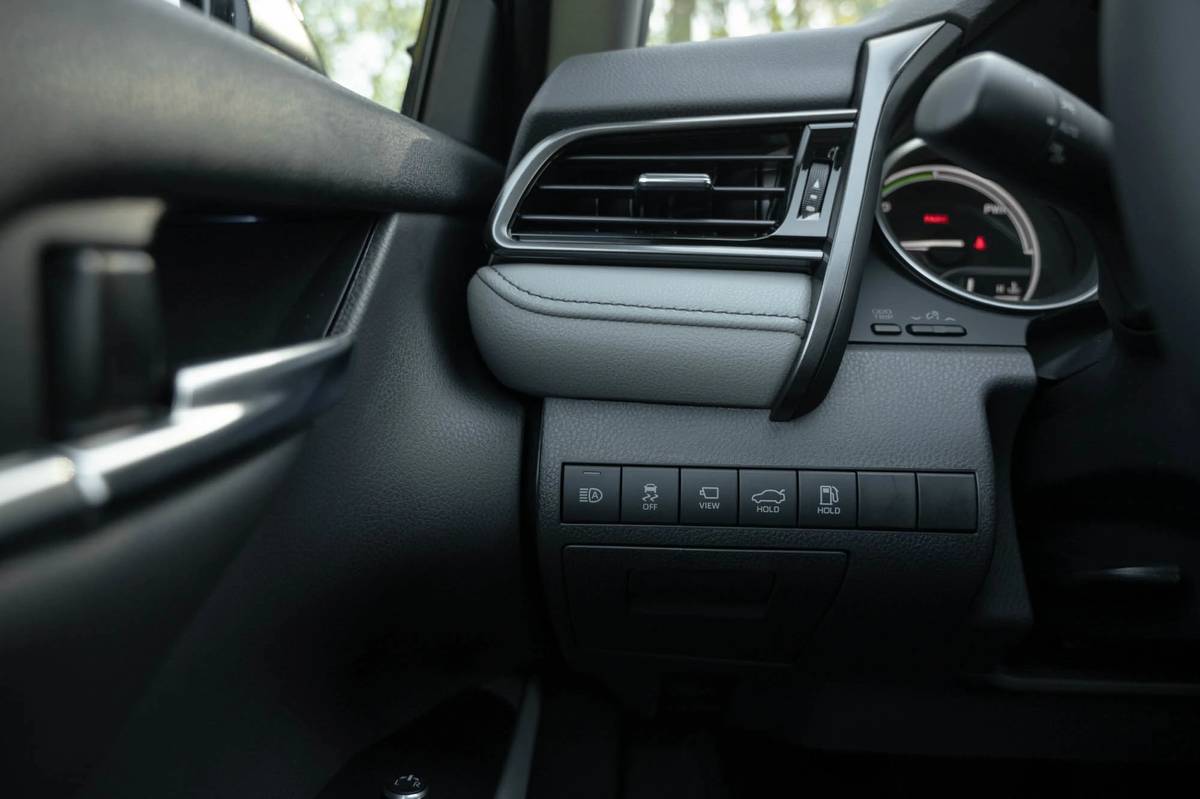
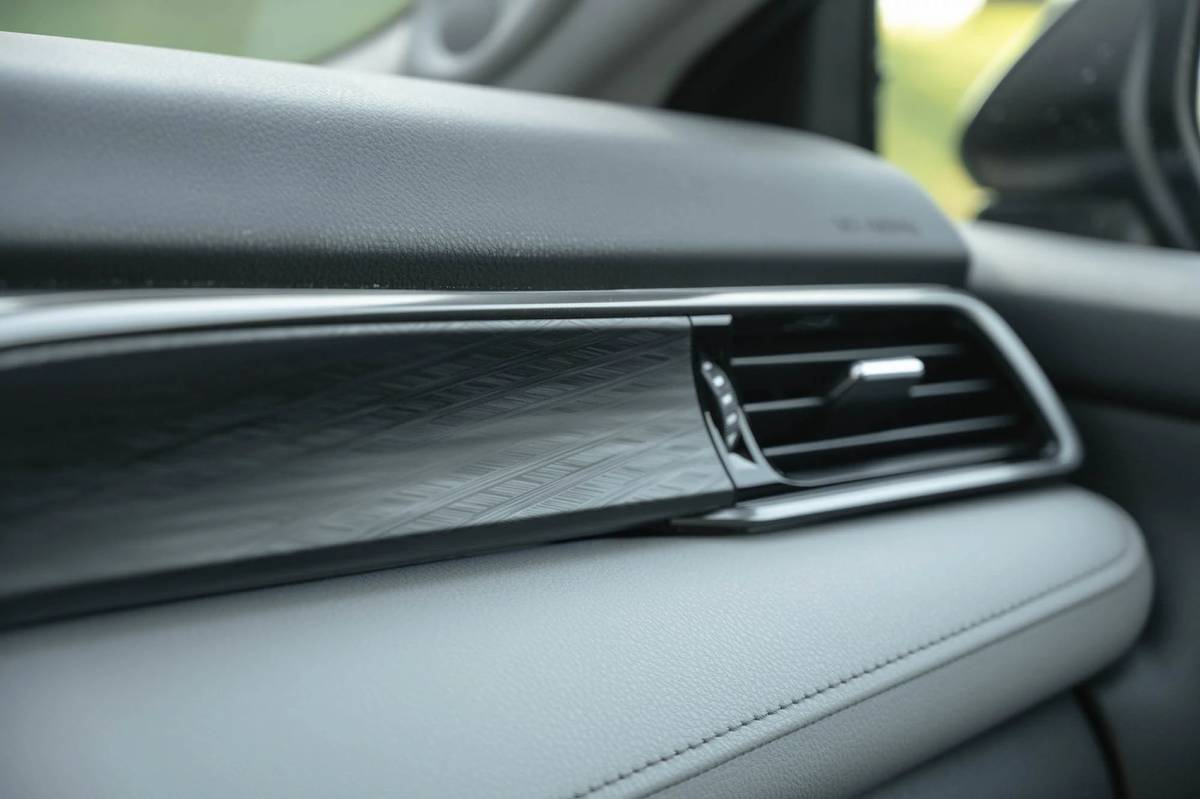







.png)


